In today’s revolutionizing digital age, where businesses heavily rely on AI and Tech, ensuring robust cybersecurity has become a top priority. The threat landscape is constantly evolving, and cybercriminals are continuously looking for vulnerabilities to exploit. To protect sensitive data, intellectual property, and customer trust, organizations must take proactive measures. One such essential step is conducting Vulnerability Assessment and Penetration Testing through the best VAPT Service Provider in India, several reliable VAPT service providers and testing companies offer comprehensive cybersecurity solutions. In this blog, we will explore the importance of VAPT testing services and highlight some of the leading providers in India.
What is VAPT?
Vulnerability Assessment and Penetration Testing (VAPT) is a systematic approach to identifying vulnerabilities in an organization’s network, applications, and systems. It involves both automated and manual testing methods to assess potential weaknesses that could be exploited by attackers. VAPT testing helps organizations uncover security flaws, misconfigurations, and loopholes before cybercriminals can exploit them. By proactively identifying and addressing vulnerabilities, businesses can significantly strengthen their cybersecurity posture.
Talk to our Cybersecurity Expert to discuss your specific needs and how we can help your business.
Why do you need Vulnerability Assessment and Penetration Testing (VAPT)?
Vulnerability Assessment and Penetration Testing (VAPT) in India is a crucial component of a comprehensive cybersecurity strategy. Here are several reasons why organizations need VAPT:
1. Identifying Vulnerabilities: VAPT testing helps organizations identify vulnerabilities in their IT infrastructure, including networks, servers, databases, and applications. It provides insights into potential weak points that need to be addressed to enhance security. By proactively identifying vulnerabilities, organizations can prioritize their remediation efforts and reduce the likelihood of successful cyberattacks.
2. Risk Mitigation: VAPT testing helps organizations assess their level of risk exposure. By identifying vulnerabilities and potential attack vectors, organizations can prioritize and implement appropriate security controls and measures to mitigate risks effectively.
3. Real-World Testing: VAPT testing simulates real-world attack scenarios to evaluate the effectiveness of existing security measures. It goes beyond theoretical assessments, providing organizations with practical insights into their security posture. By conducting penetration testing, organizations can determine whether their systems and applications are vulnerable to exploitation.
4. Compliance and Regulatory Requirements: VAPT testing helps organizations meet these requirements by demonstrating their commitment to maintaining a secure environment for sensitive data. Compliance with regulations such as the General Data Protection Regulation (GDPR) and the Payment Card Industry Data Security Standard (PCI DSS) often mandates regular VAPT assessments.
5. Protection of Customer Trust: Data breaches and cyber incidents can erode customer trust and confidence in an organization. By conducting VAPT testing, organizations demonstrate their commitment to safeguarding customer data and protecting privacy.
6. Early Detection of Vulnerabilities: VAPT testing allows organizations to identify vulnerabilities before they are exploited by malicious actors. By proactively assessing the security posture, organizations can remediate vulnerabilities and implement necessary security controls to prevent potential breaches.
Understanding VAPT Testing: How does vulnerability assessment differ from penetration testing?
Vulnerability Assessment (VA) and Penetration Testing (PT) are two components of VAPT testing:
– Vulnerability Assessment: VA focuses on identifying and categorizing vulnerabilities in an organization’s systems and networks. It involves using automated tools to scan for known vulnerabilities and weaknesses.
– Penetration Testing: PT takes VA a step further by actively exploiting identified vulnerabilities to determine the impact and potential risks. It involves manual testing techniques to evaluate an organization’s resistance against real-world attacks.
How Often One Should Conduct VAPT?
The frequency of conducting Vulnerability Assessment and Penetration Testing in India depends on various factors such as the VAPT Service Provider in India and that includes industry regulations, the sensitivity of data, and changes in the IT environment. While there is no one-size-fits-all answer, here are some guidelines to consider:
1. Regularly: It is generally recommended to conduct VAPT assessments periodically, even if there are no major changes or incidents. Regular assessments help identify vulnerabilities that may have emerged over time and ensure that security measures remain effective. The frequency of regular assessments can range from quarterly to annually, depending on the organization’s size, complexity, and industry.
2. After Major Security Incidents: In the event of a security incident or breach, it is crucial to conduct a VAPT assessment to identify any vulnerabilities that may have been exploited. This helps organizations understand the root cause of the incident, mitigate any existing vulnerabilities, and prevent similar incidents in the future.
3. Compliance Requirements: Certain industries and regulatory frameworks may require organizations to conduct VAPT assessments at specific intervals. Examples include the Payment Card Industry Data Security Standard (PCI DSS) and health sector regulations like the Health Insurance Portability and Accountability Act (HIPAA). Ensure compliance by adhering to the mandated assessment frequency.
It’s important to note that VAPT is not a one-time activity but an ongoing process. Cyber threats evolve rapidly, and new vulnerabilities are constantly discovered. By conducting VAPT assessments regularly and incorporating them into the organization’s cybersecurity strategy, businesses can maintain a proactive security posture and effectively mitigate risks.
How Can Data Breach Affect Your Organization?
A data breach can have severe consequences for an organization, impacting its reputation, financial stability, and customer trust. Firstly, a data breach exposes sensitive information, such as customer data, intellectual property, or trade secrets, to unauthorized individuals or malicious actors. This compromises the privacy and confidentiality of the affected individuals and can lead to legal consequences, regulatory fines, and potential lawsuits.
Data breaches can have severe consequences for organizations:
1. Financial Loss: Data breaches can lead to financial losses, including regulatory fines, legal costs, and potential lawsuits from affected individuals.
2. Reputation Damage: A data breach can significantly damage an organization’s reputation and erode customer trust. Rebuilding trust can be a challenging and lengthy process.
3. Operational Disruption: A successful data breach can disrupt business operations, leading to downtime, loss of productivity, and potential business disruptions.
Secondly, the organization may suffer financial losses due to the costs associated with breach remediation, including incident response, forensic investigations, legal fees, and potential compensation to affected parties. Moreover, the damage to the organization’s reputation can result in customer attrition, decreased sales, and difficulties in acquiring new customers.
What are the 5 significant types of VAPT?
The five significant types of VAPT assessments by the top VAPT Service Provider in India are:
1. Network Vulnerability Assessment: Identifies vulnerabilities in network devices, such as routers, switches, and firewalls.
2. Web Application Testing: Assesses the security of web applications, including identifying vulnerabilities like SQL injection, cross-site scripting, and insecure authentication mechanisms.
3. Wireless Network Testing: Evaluate the security of wireless networks, including Wi-Fi access points and associated configurations.
4. Cloud Infrastructure Testing: Assesses the security of cloud environments, including configurations, access controls, and data protection mechanisms.
5. Social Engineering Testing: Evaluates an organization’s susceptibility to social engineering attacks, such as phishing and impersonation.
Look for these when choosing a VAPT Service provider in India
When choosing a Vulnerability Assessment and Penetration Testing, VAPT Service provider in India, it’s crucial to consider the following factors to ensure you select a reliable and competent partner:
- Experience and Expertise: Look for a VAPT provider with a proven track record and extensive experience in conducting assessments. Assess their expertise in different types of VAPT, industry-specific knowledge, and the qualifications of their cybersecurity professionals. A provider with a strong background in VAPT demonstrates their ability to effectively identify and mitigate vulnerabilities.
- Comprehensive Methodology: Evaluation is a must. A reliable VAPT provider should follow a comprehensive approach that combines automated scanning tools and manual testing techniques. Their methodology should cover a wide range of vulnerabilities and attack vectors, ensuring a thorough assessment of your systems and applications.
- Industry Compliance Knowledge: Everything depends on the industry, there may be specific compliance requirements related to cybersecurity. Ensure that the VAPT provider has experience working with organizations in your sector and understands the relevant regulations and standards. This ensures that their assessments align with the compliance needs of your business.
- Reporting and Deliverables: Assess the quality and comprehensiveness of the provider’s reports and deliverables. The reports should be clear and well-structured, and provide actionable recommendations for remediation. Ask for sample reports or templates to evaluate their reporting standards and ensure they meet your organization’s requirements.
By considering these factors when choosing a VAPT provider, you can select a partner that aligns with your organization’s needs, provides comprehensive assessments, and helps enhance your cybersecurity posture effectively. Remember to conduct thorough research, request proposals from multiple providers, and make an informed decision based on their capabilities and suitability for your organization.
Qualysec: The best VAPT Service Provider
Among the top VAPT service provider in India, Qualysec stands out as a trusted and reliable choice. With their expertise, Qualysec offers comprehensive cybersecurity solutions tailored to the specific needs of businesses. Their experienced professionals conduct thorough assessments, identify vulnerabilities, and provide actionable recommendations to enhance security.
Qualysec is a leading provider of Cybersecurity and compliance management solutions. Their platform allows companies to conduct continuous monitoring, vulnerability assessment, and compliance management across their entire IT infrastructure with the help of AI.
Qualysec follows a comprehensive methodology that combines manual and automated testing techniques and AI to ensure maximum coverage of vulnerabilities. They also provide detailed reports that include a prioritized list of vulnerabilities, along with recommendations for remediation.
They work closely with organizations to understand their unique needs. Qualysec is also a leading provider of automated vulnerability scanning solutions, offering comprehensive scanning capabilities, advanced reporting and analysis, scalability and performance, industry expertise, and continuous support and updates.
Qualysec offers various services which include:
- Web App Pentesting
- Mobile App Pentesting
- API Pentesting
- Cloud Security Pentesting
- IoT Device Pentesting
- AI /ML Pen-testing
The methodologies offered by Qualysec for VAPT Assessments are particularly beneficial for businesses that must adhere to industry rules or prove their dedication to security to clients and partners. So, by opting for Qualysec as a reliable service provider, businesses can ensure the safety of their web applications.
Hence, choose Qualysec for a comprehensive and reliable vulnerability scanning and assessment report. Also, their penetration testing guide will help you make informed decisions and understand the various factors that impact the cost. Hence, protect your assets and enhance your security posture by choosing us.
Key Features
- Over 3,000 tests to detect and root out all types of vulnerabilities.
- Capable of detecting business logic errors and gaps in security.-
- Ensures zero false positives through manual pen testing.
- Compliance-specific scans for SOC2, HIPAA, ISO27001, and other relevant standards.
- Provides in-call remediation assistance from security experts
Latest Penetration Testing Report
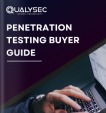
Conclusion
In an era where cybersecurity threats are growing in frequency and sophistication, organizations must prioritize the protection of their digital assets. VAPT testing services play a vital role in identifying vulnerabilities, mitigating risks, and enhancing overall cybersecurity. In India, several trusted VAPT service providers and testing companies offer comprehensive solutions tailored to the specific needs of businesses. By partnering with reliable providers like Qualysec, organizations can strengthen their cybersecurity defenses and ensure the integrity and confidentiality of their data and systems.
Investing in cybersecurity is not an option but a necessity in today’s digital landscape. So, take the proactive step of engaging with a reputable VAPT Service provider in India and fortify your organization’s defenses against cyber threats. We are always ready to help, talk to our Experts and fill out your requirements.
Ever heard of Blockchain Security?? With the growing dependency on AI and Tech such as Blockchain in various industries including cybersecurity, one must always have a knowledge of these tech and what these are. Worried about where to gather this information? Don’t worry we got you covered. Just click here and check out our recent article ” Ultimate Guide on What Blockchain Security is? “.
FAQs on VAPT
1. What is the difference between vulnerability assessment and penetration testing?
Ans. Vulnerability assessment focuses on identifying vulnerabilities, while penetration testing involves actively exploiting identified vulnerabilities to determine their potential risks.
2. How often should VAPT be conducted?
Ans. The frequency of VAPT depends on factors such as industry regulations, the sensitivity of data, and changes in the IT environment. It is recommended to conduct VAPT regularly, especially after significant system changes.
3. Is VAPT only for large organizations?
Ans. No, VAPT is beneficial for organizations of all sizes. Cybersecurity threats can affect businesses regardless of their scale, making VAPT essential for protecting sensitive data and maintaining a strong security posture.
4. Can VAPT testing cause any disruptions to business operations?
Ans. VAPT testing is conducted in a controlled and planned manner to minimize disruptions. However, there might be temporary interruptions during testing, but they are usually scheduled in advance to minimize any impact.
5. Is VAPT a one-time process?
Ans. No, VAPT is not a one-time process. Cyber threats evolve continuously, and new vulnerabilities may emerge. Regular VAPT assessments help organizations stay proactive in identifying and addressing potential security weaknesses.






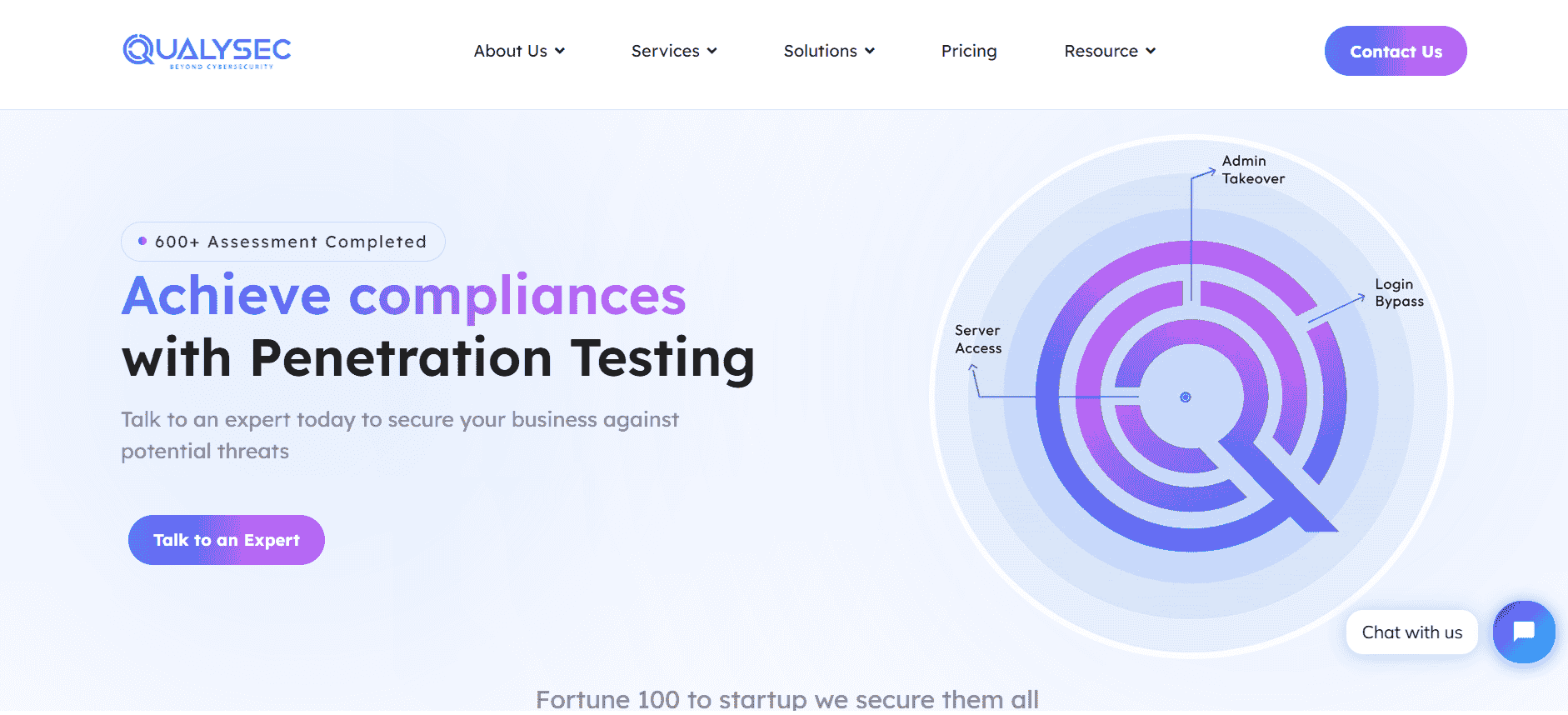




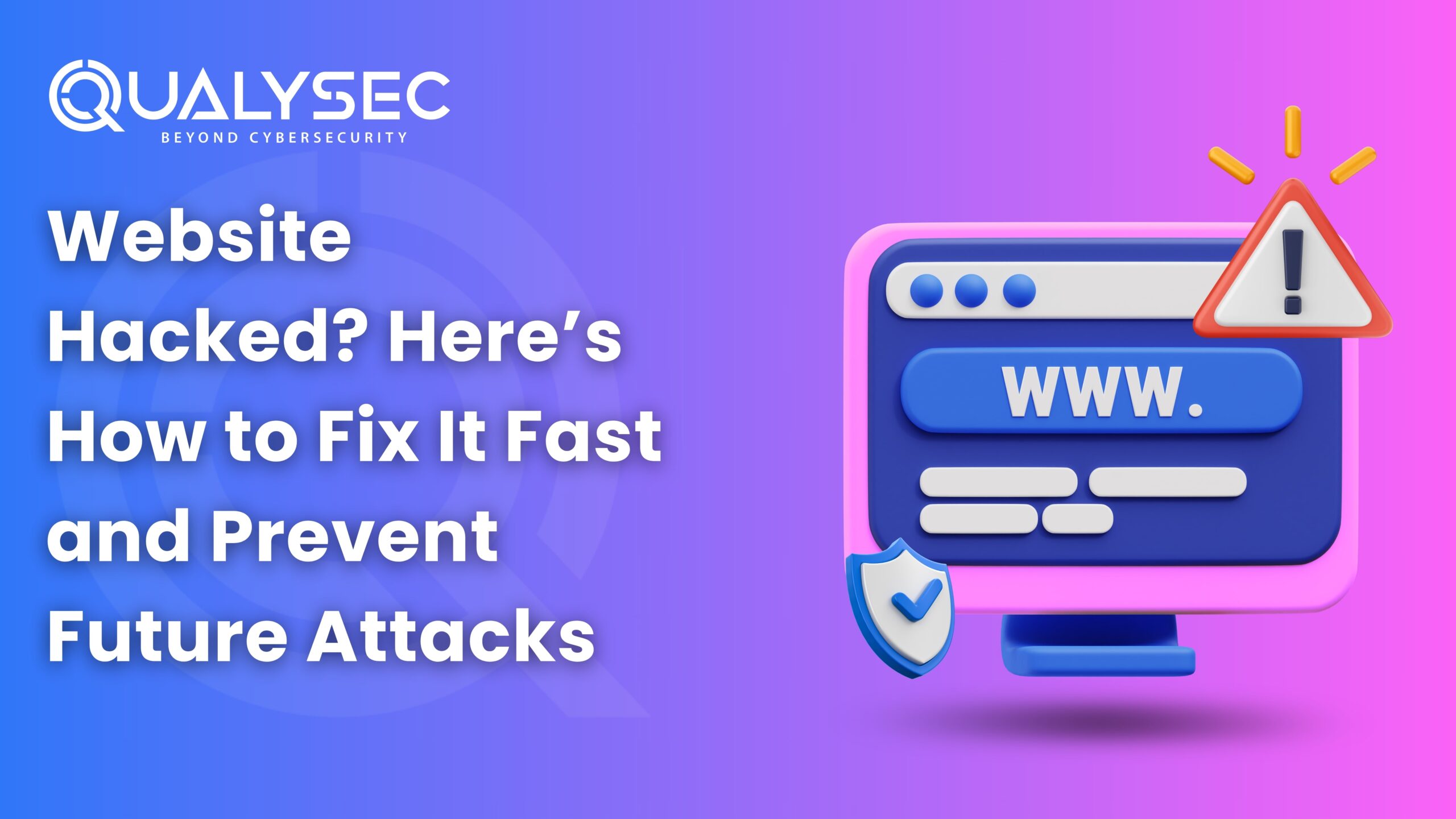
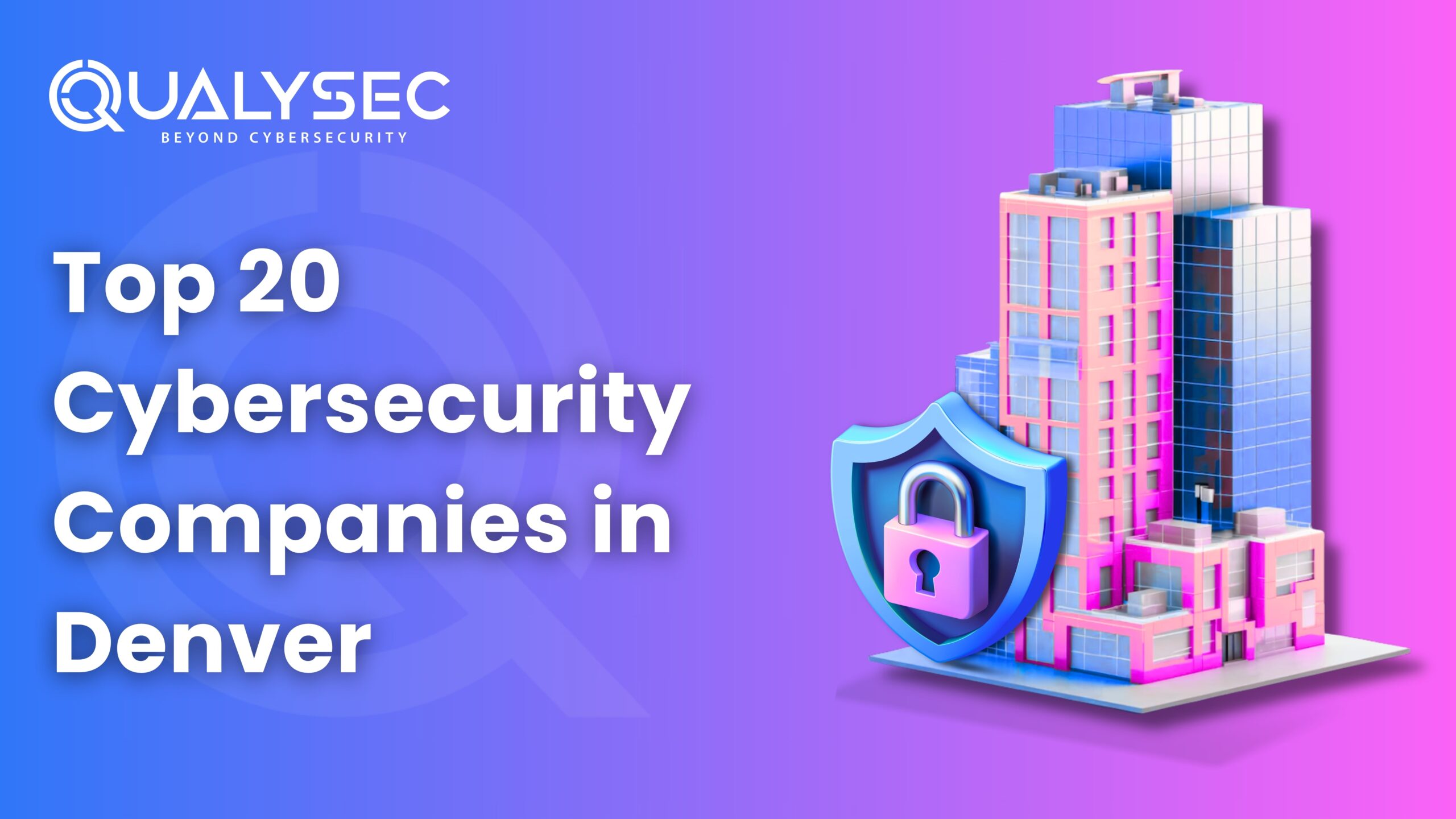
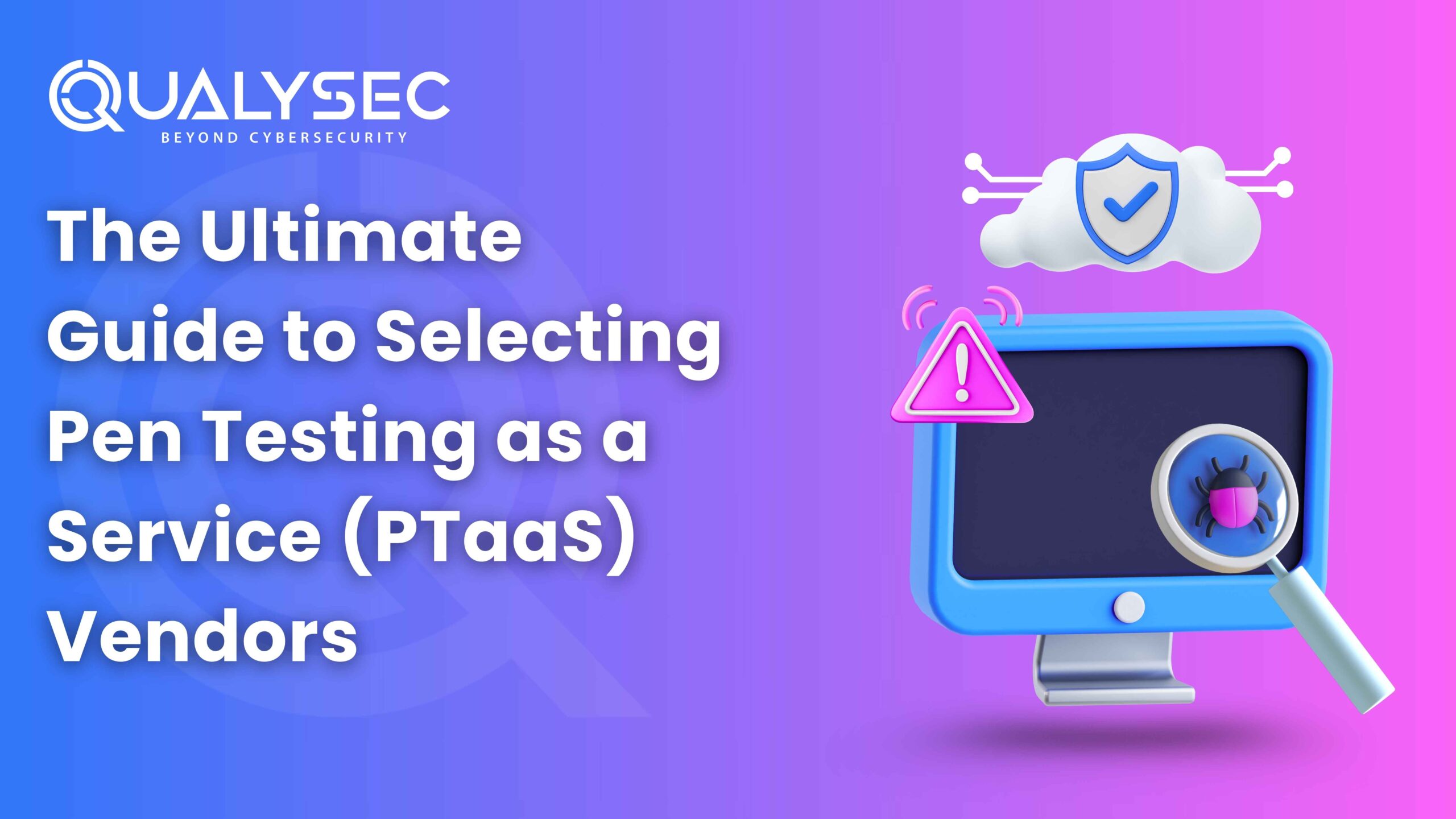
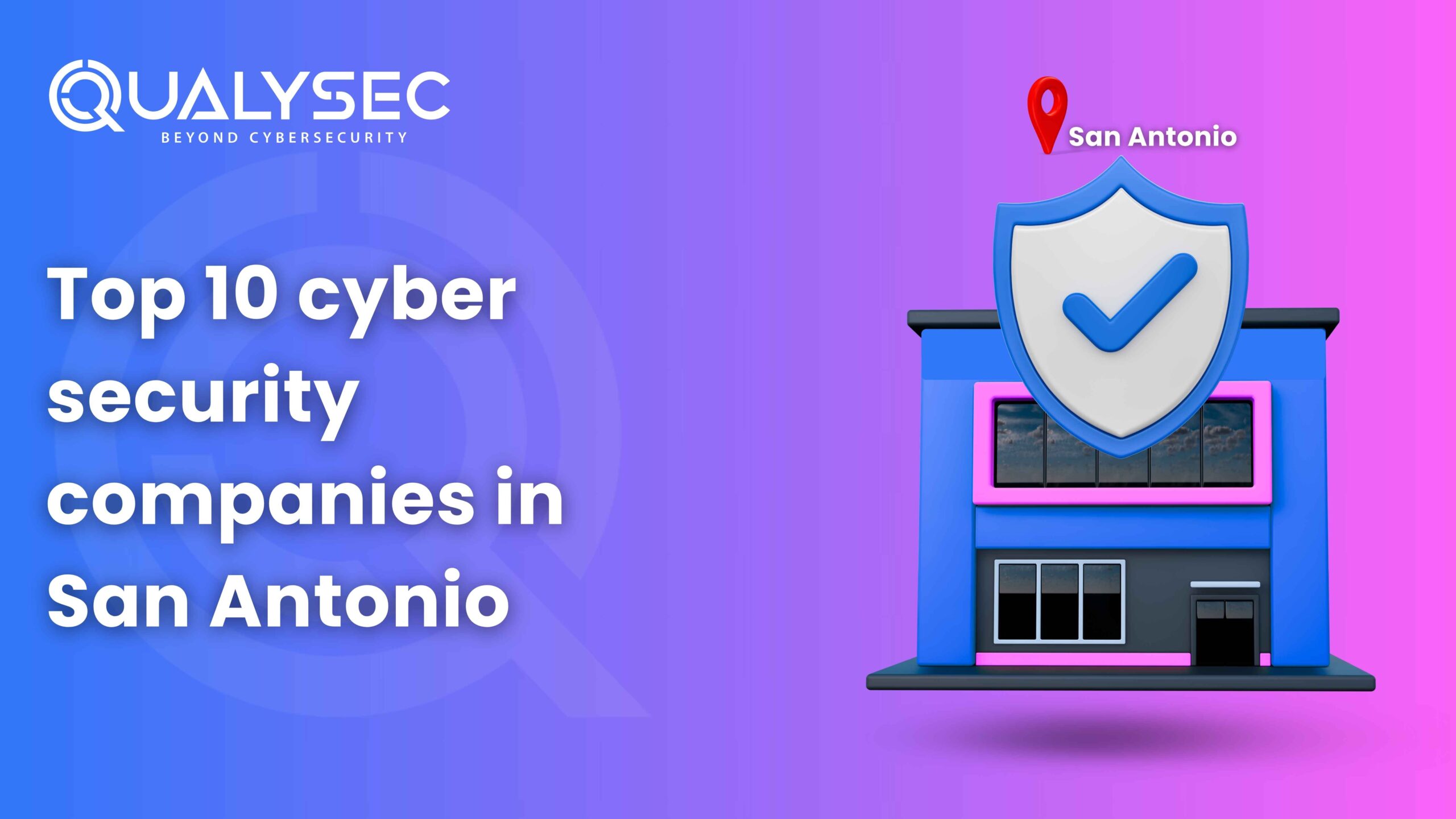
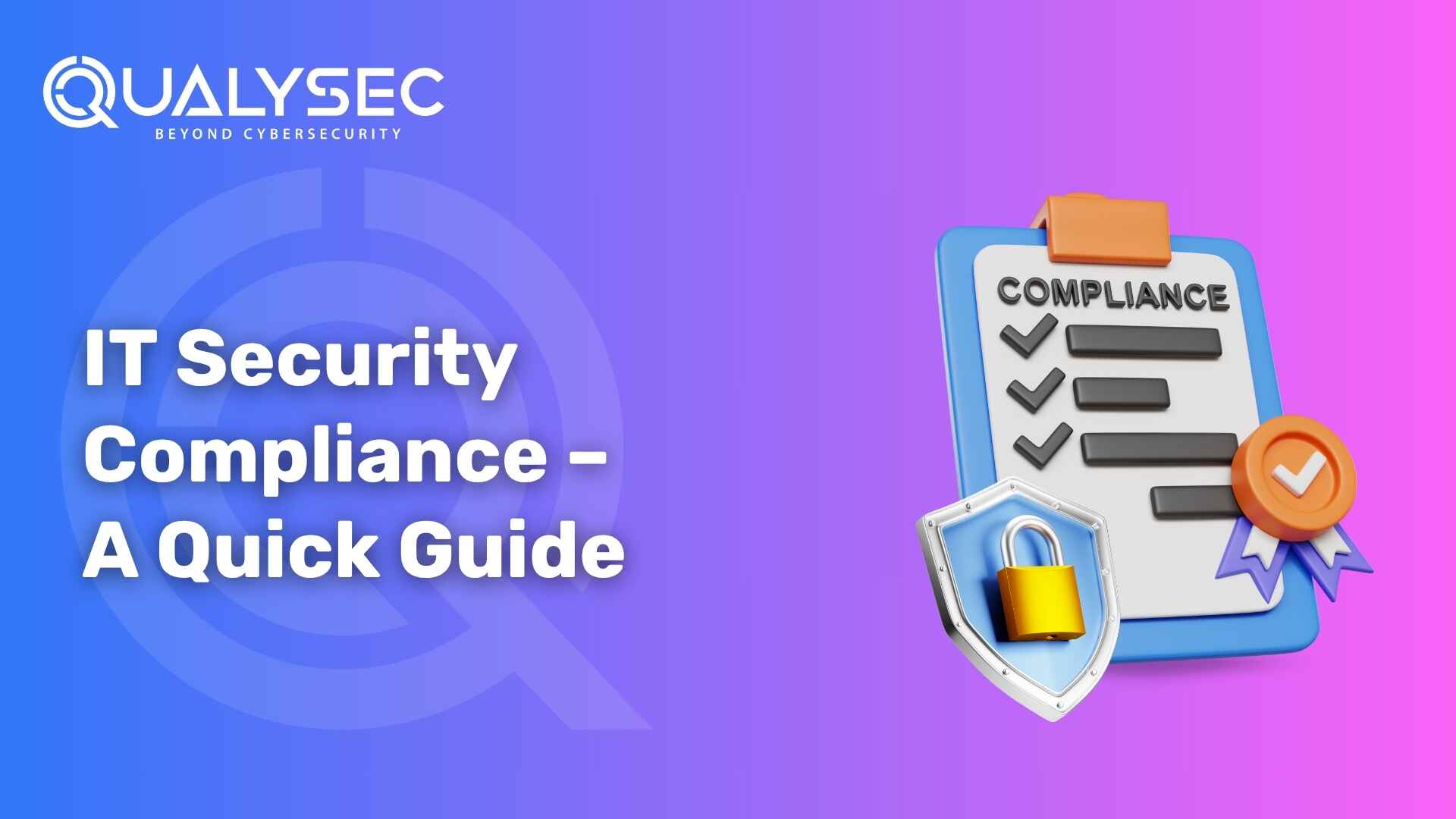
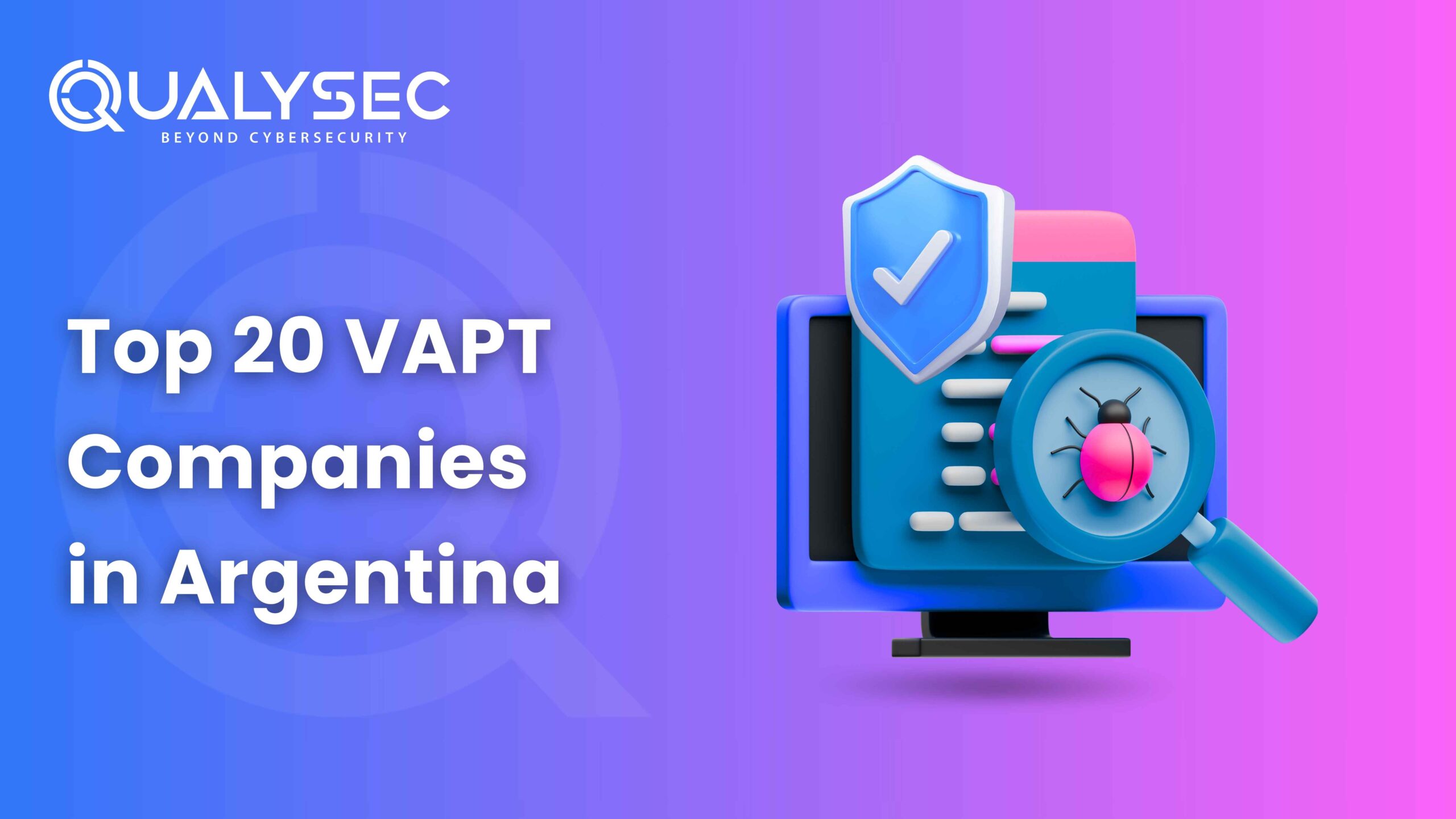
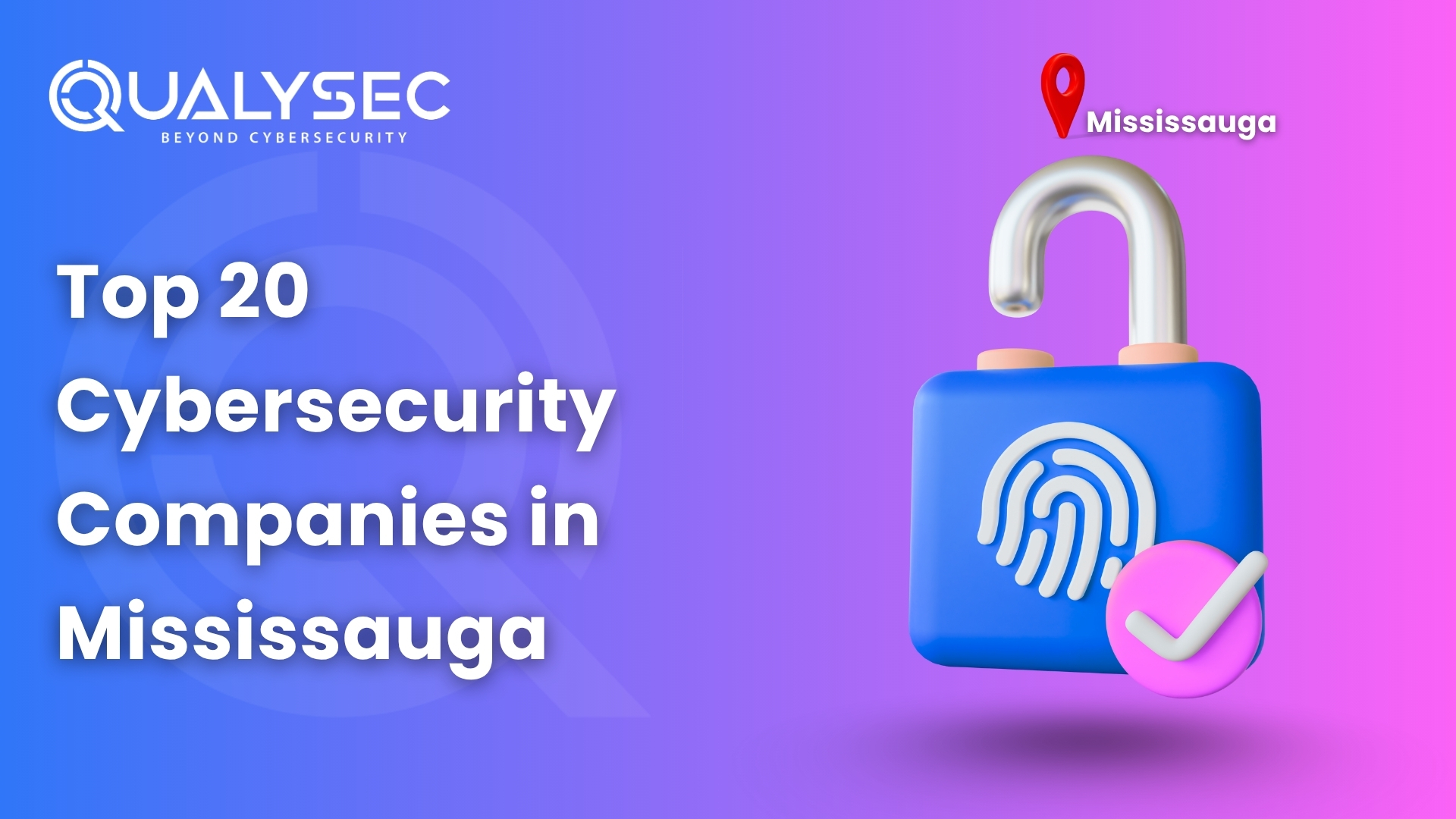

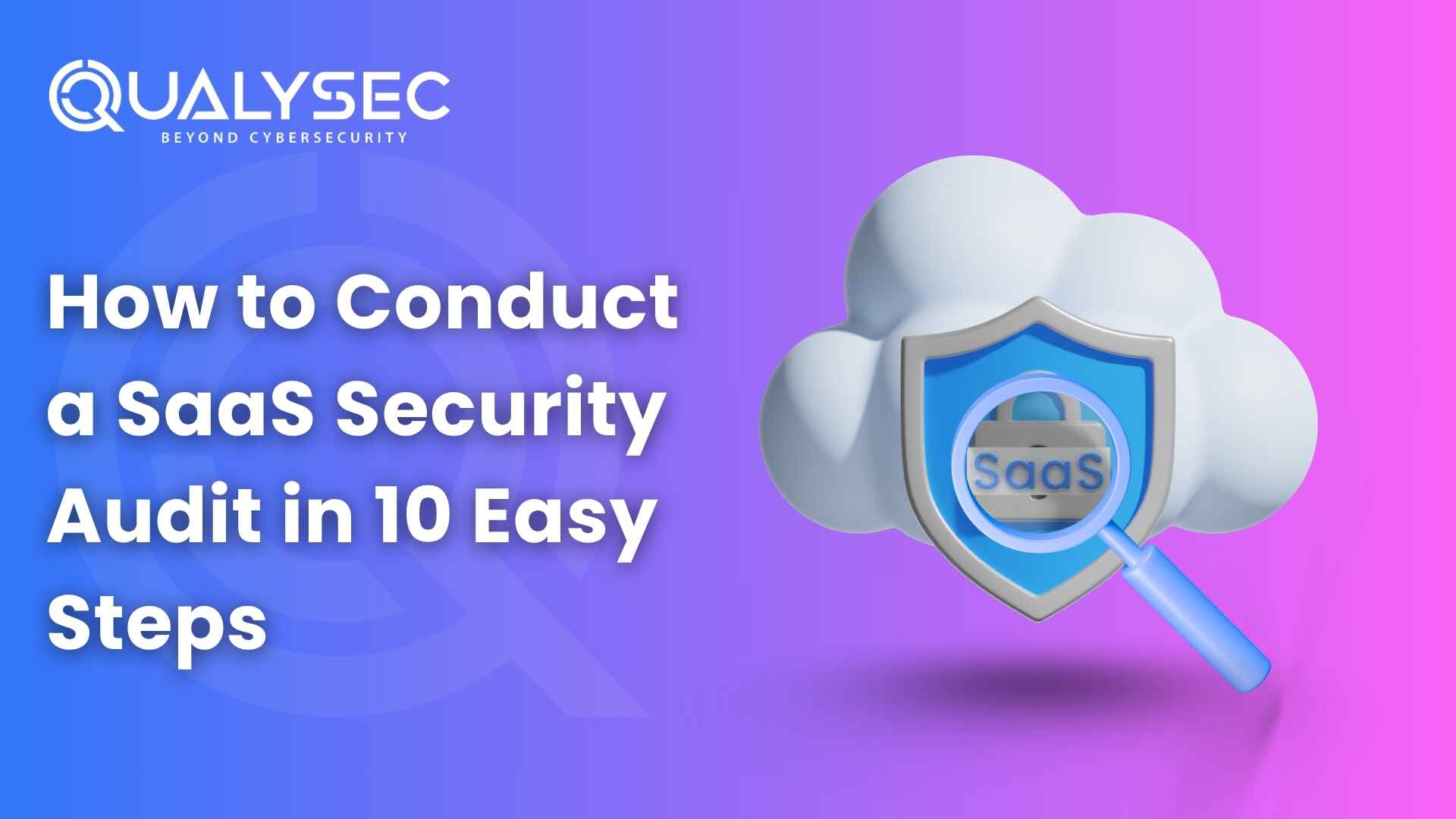
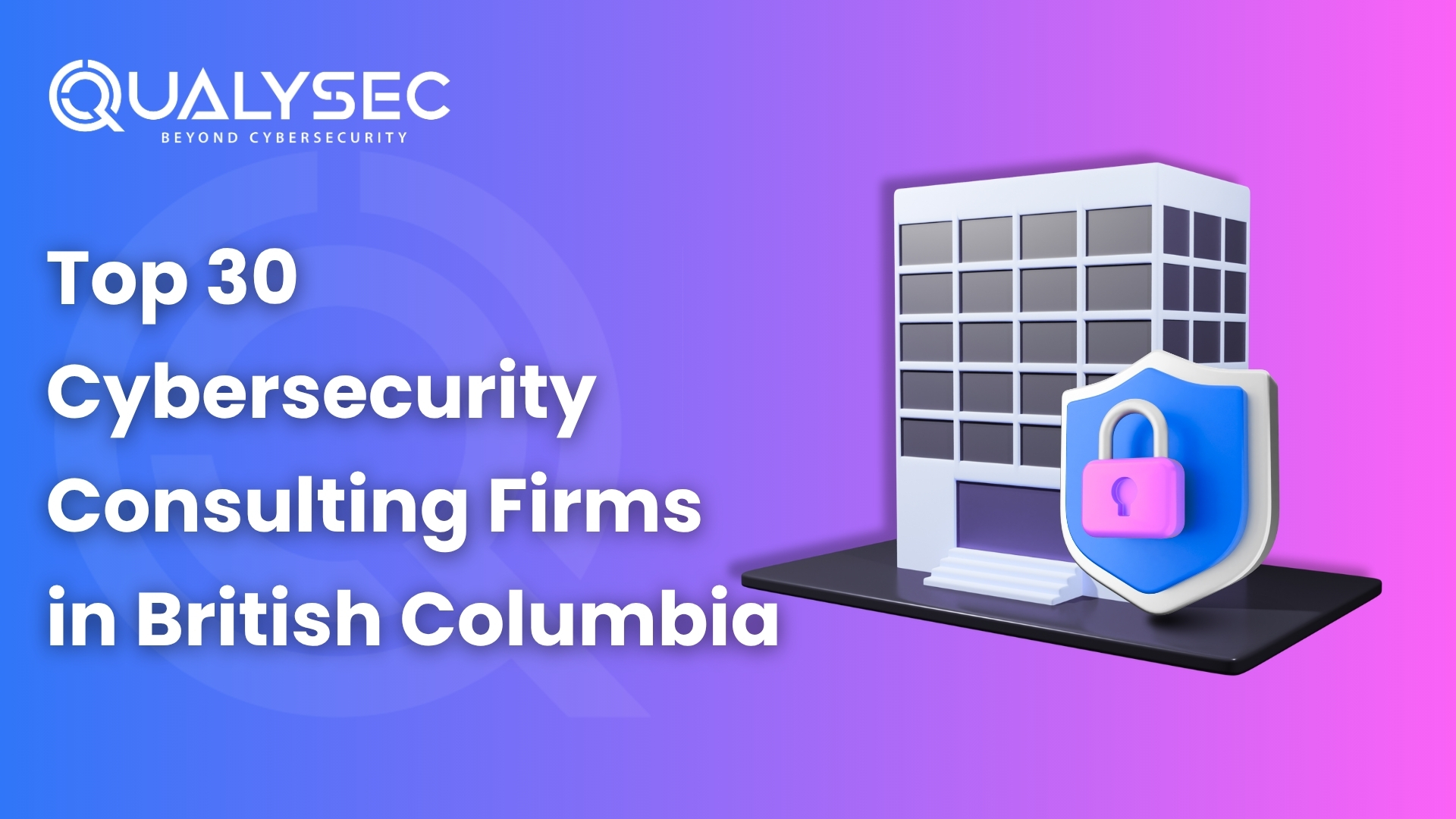

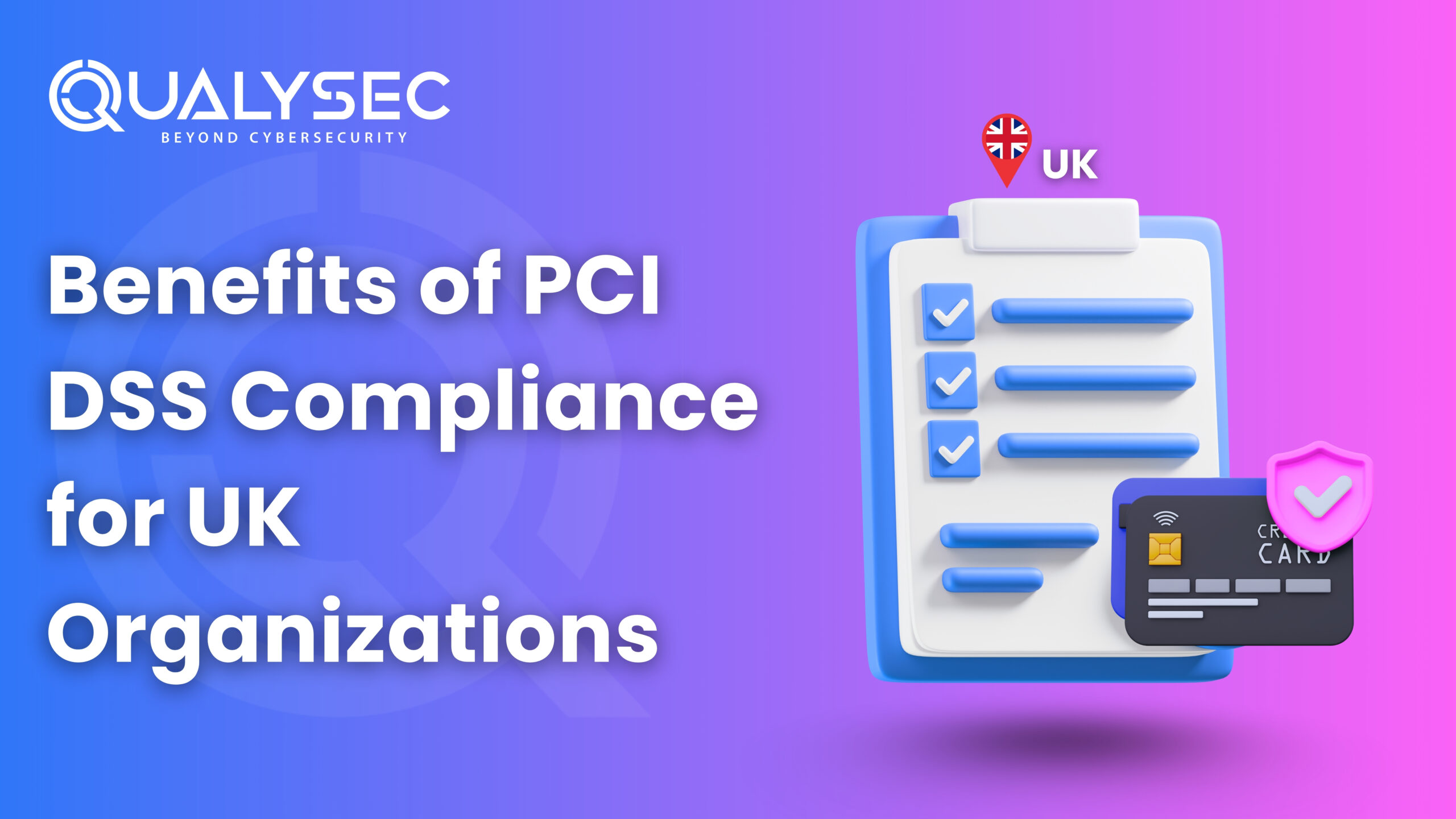


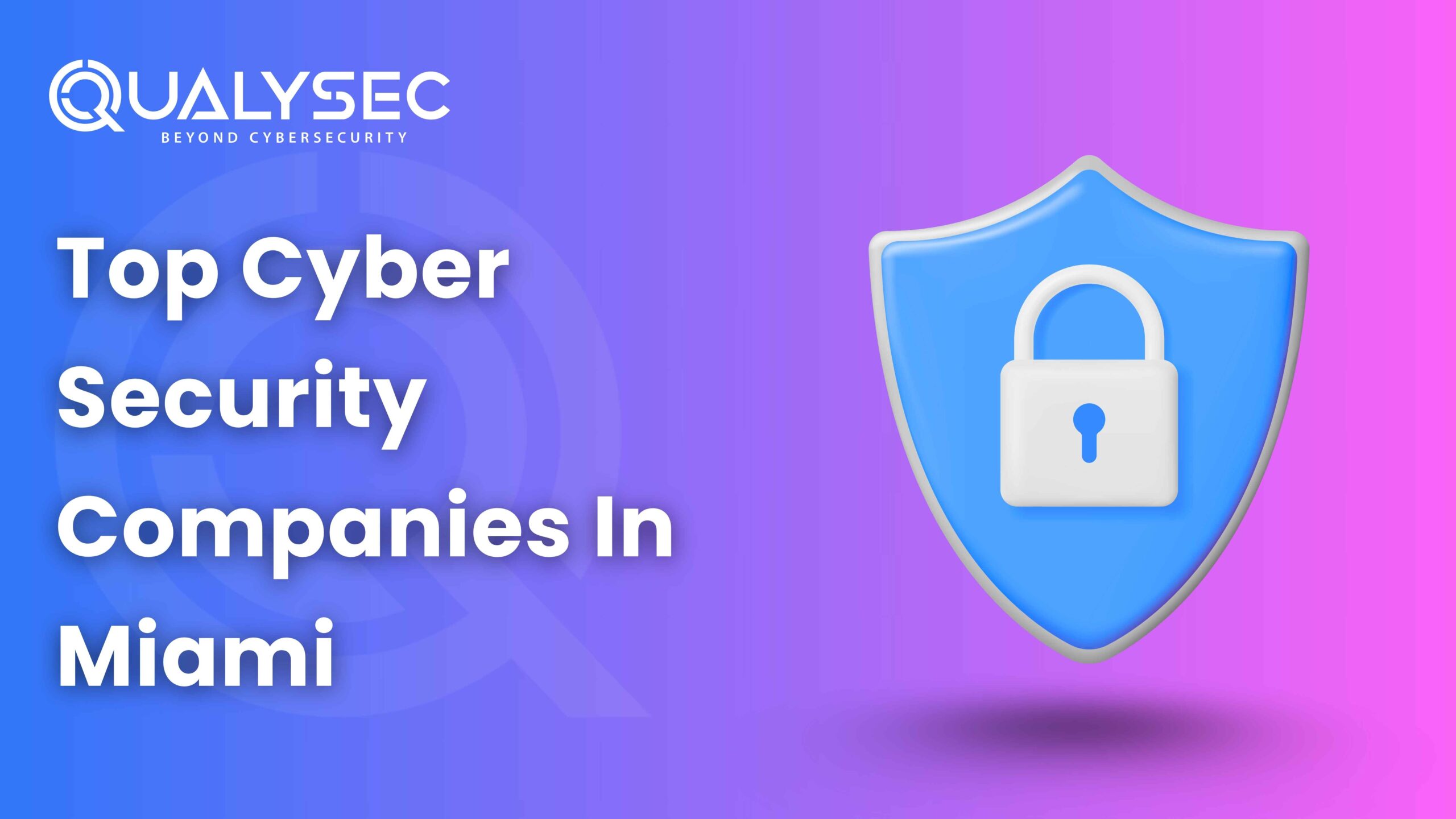

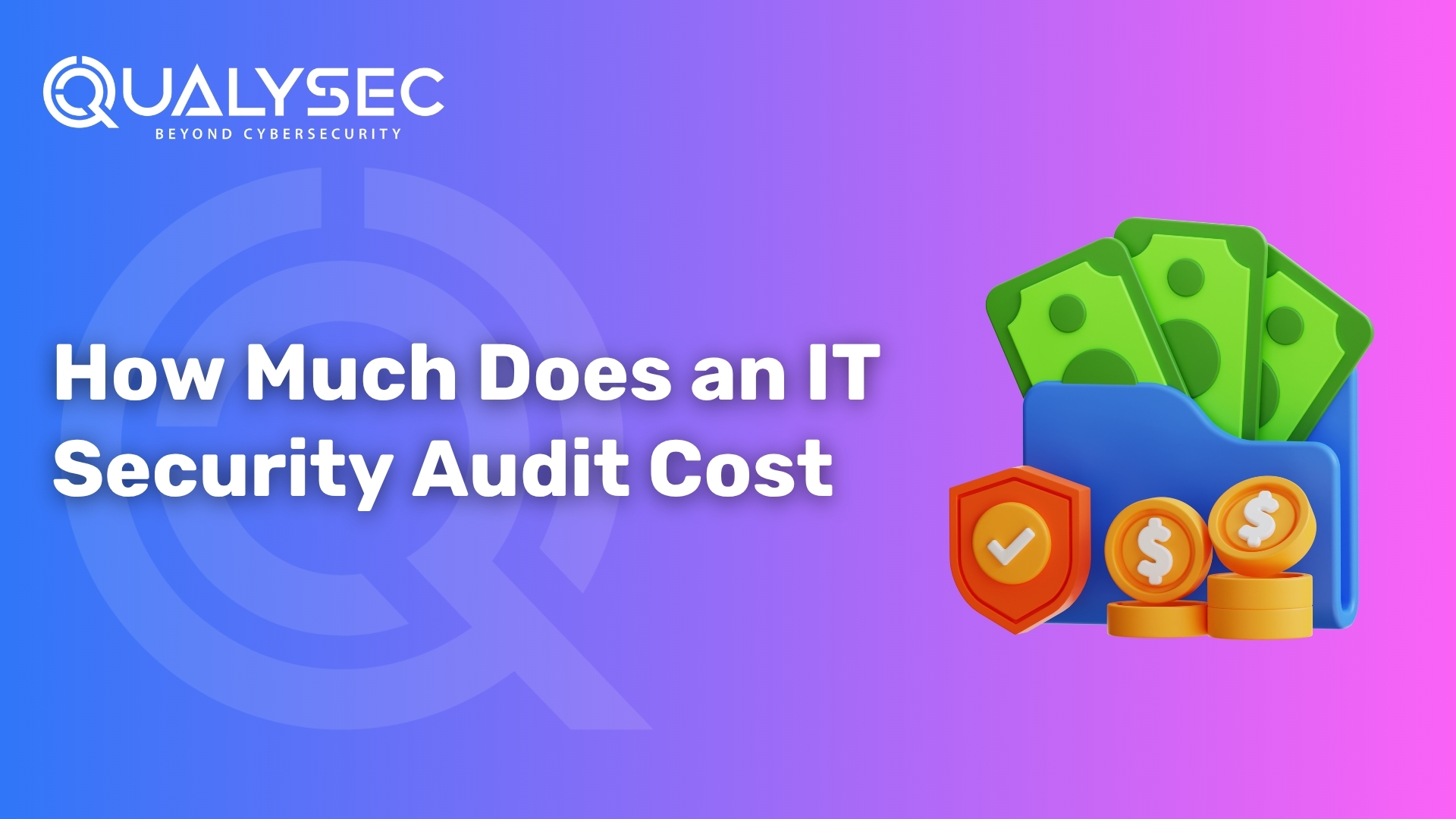

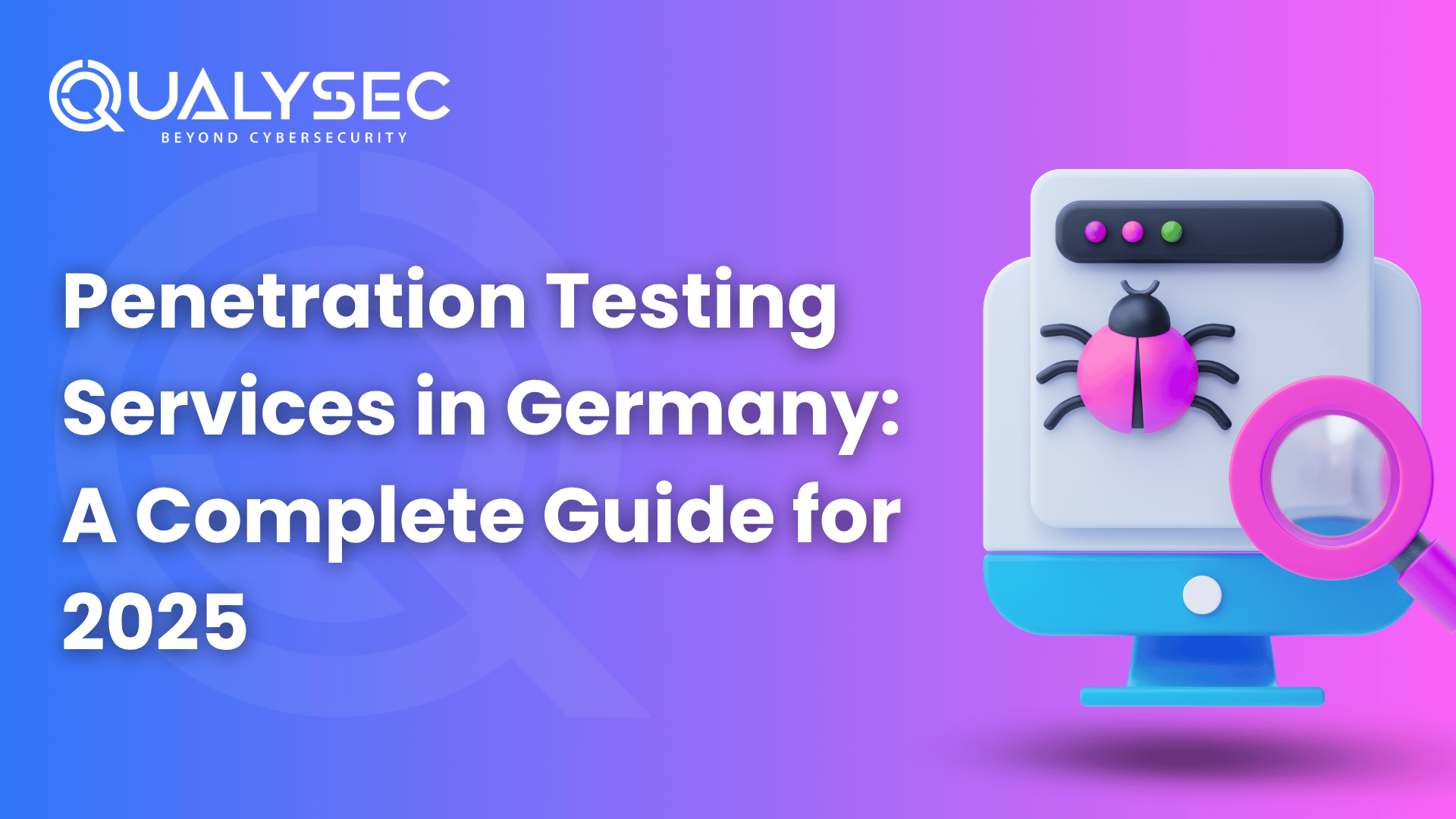
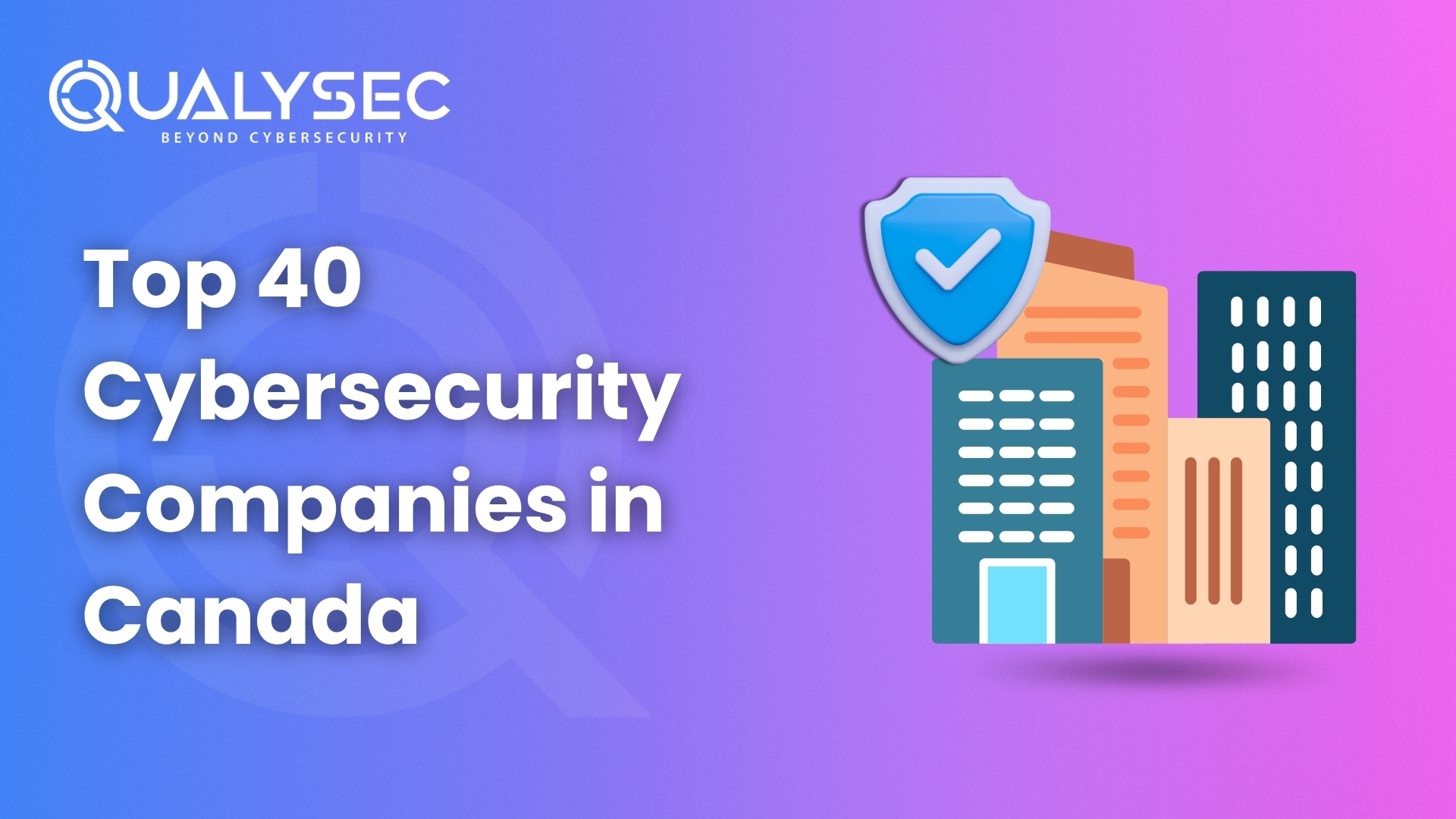
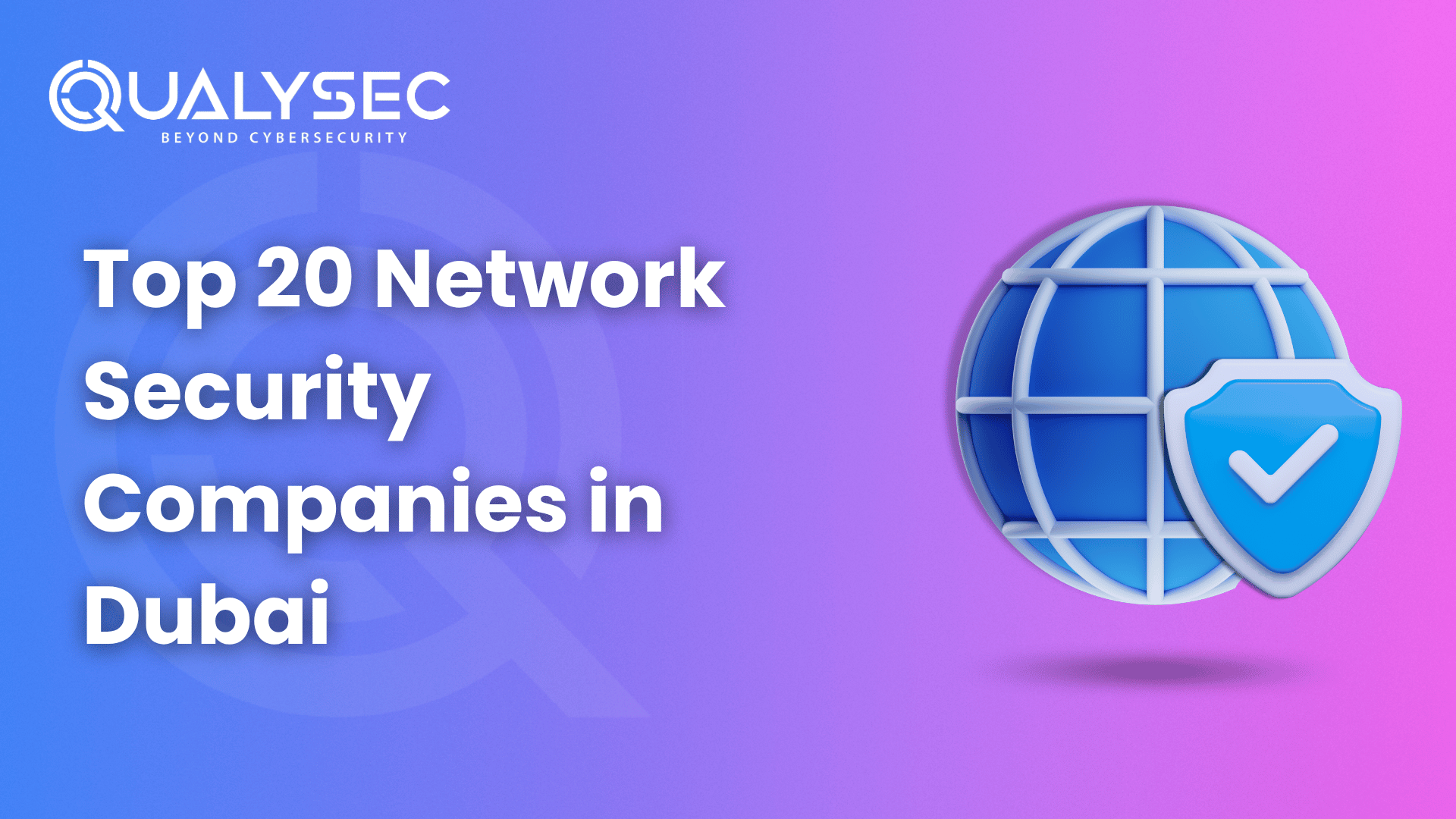
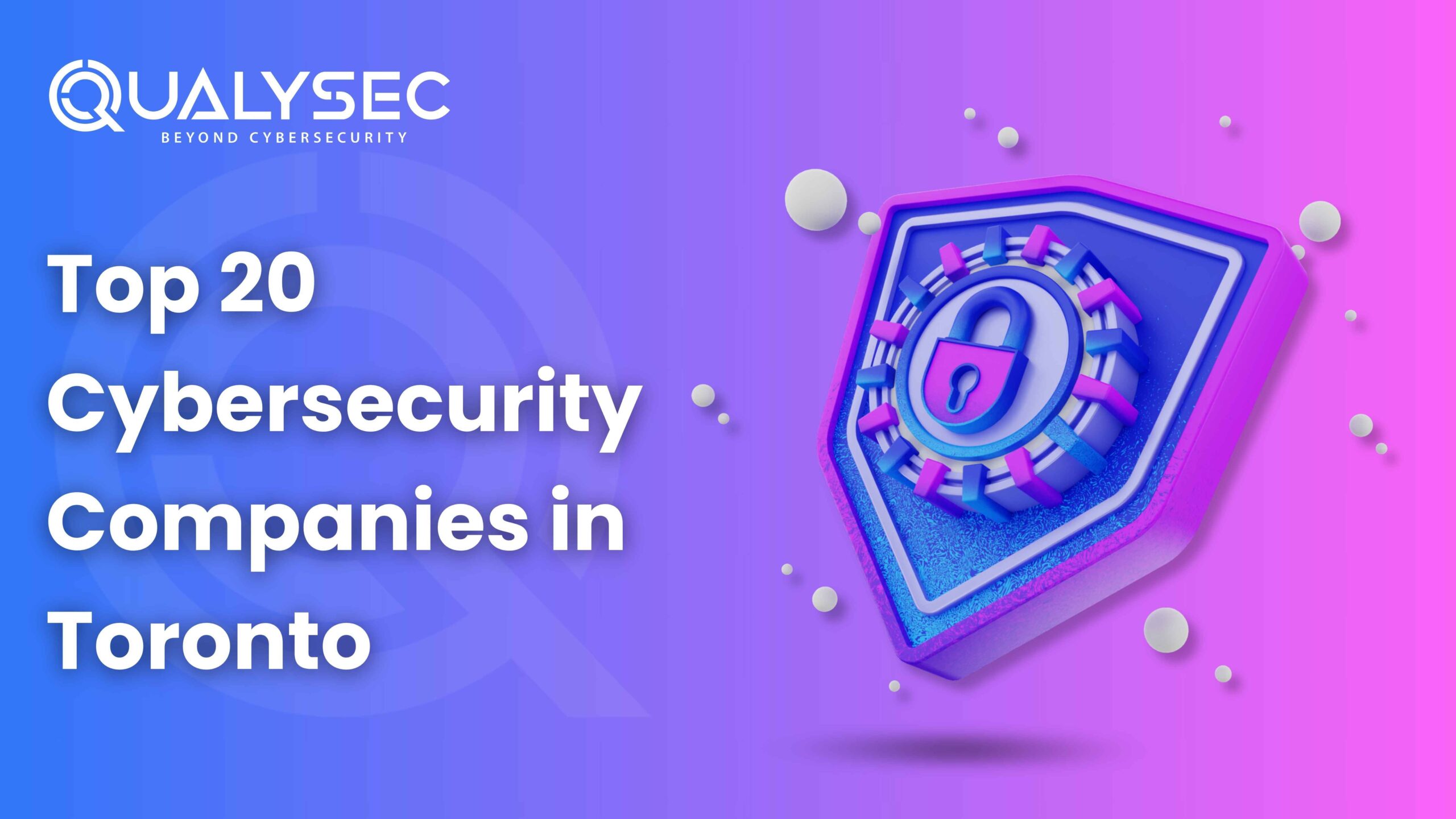
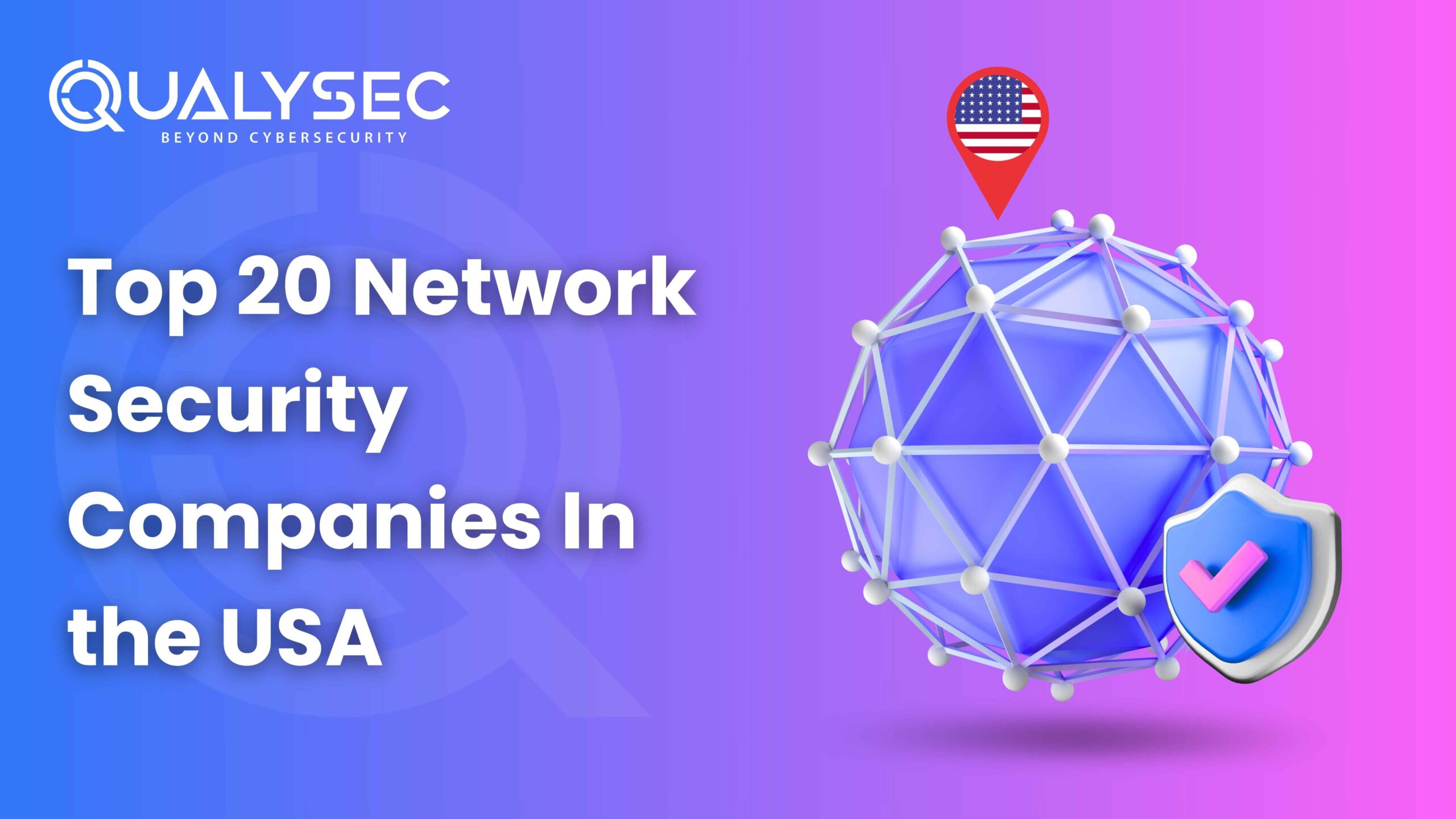
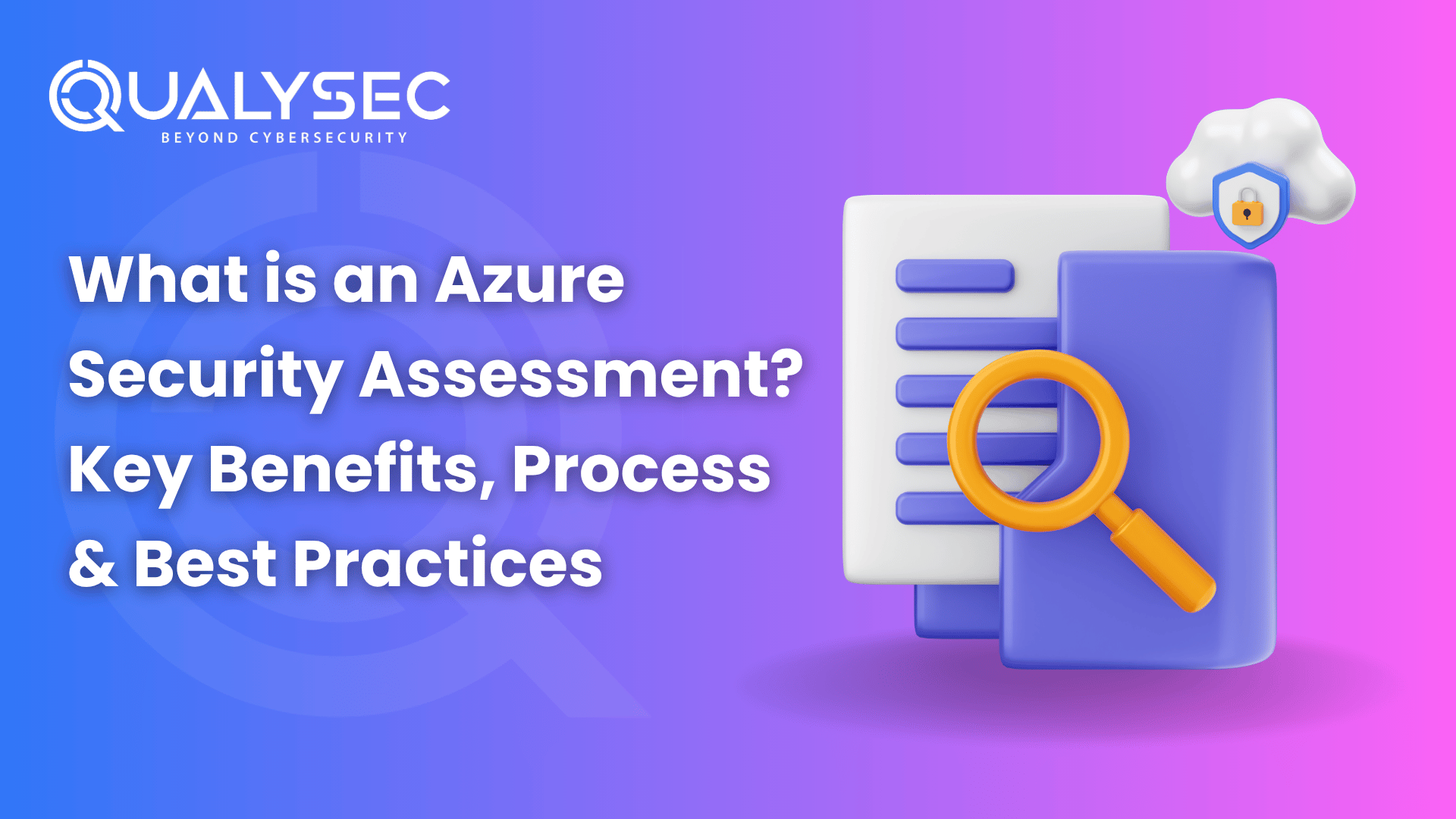
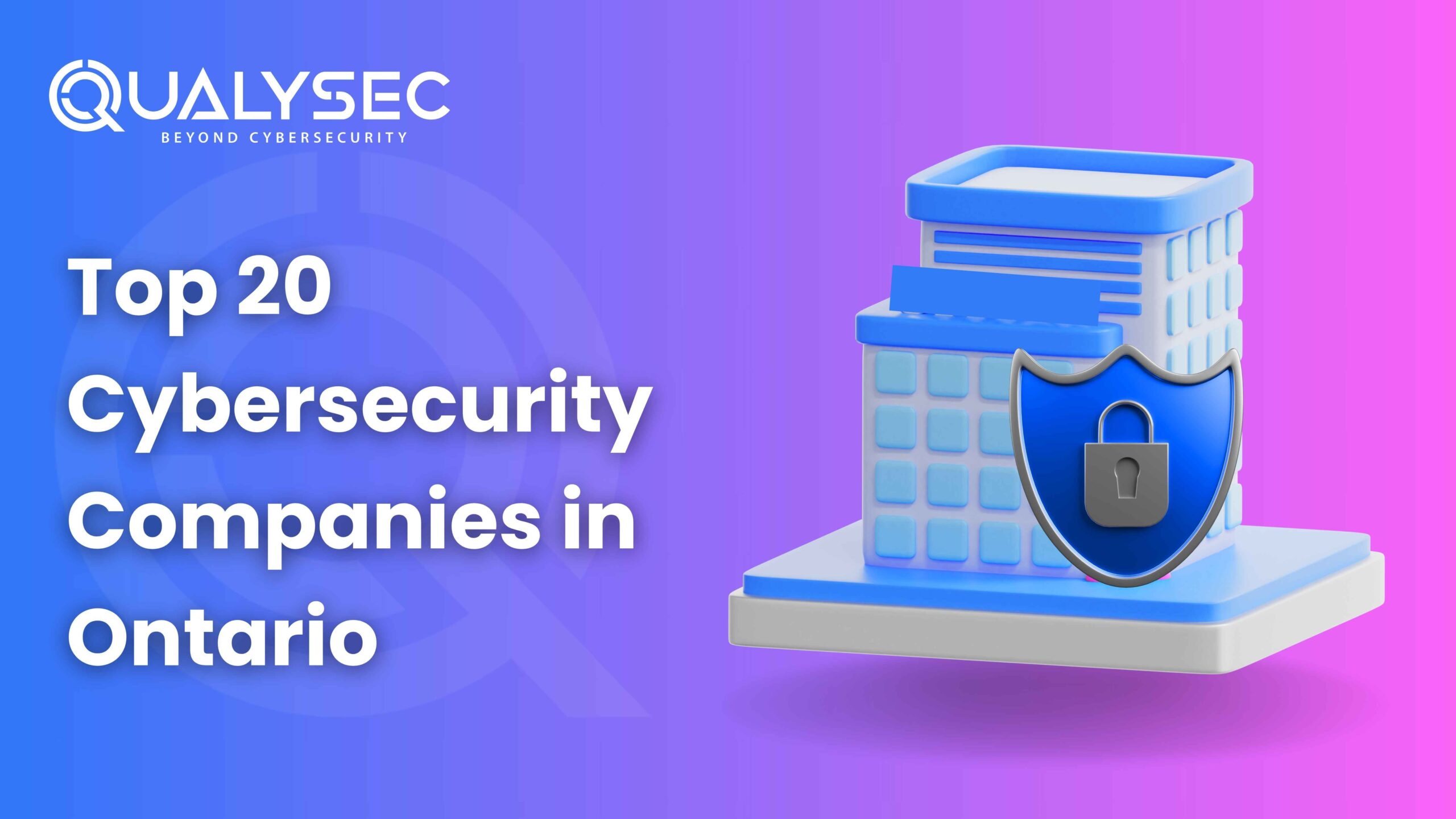
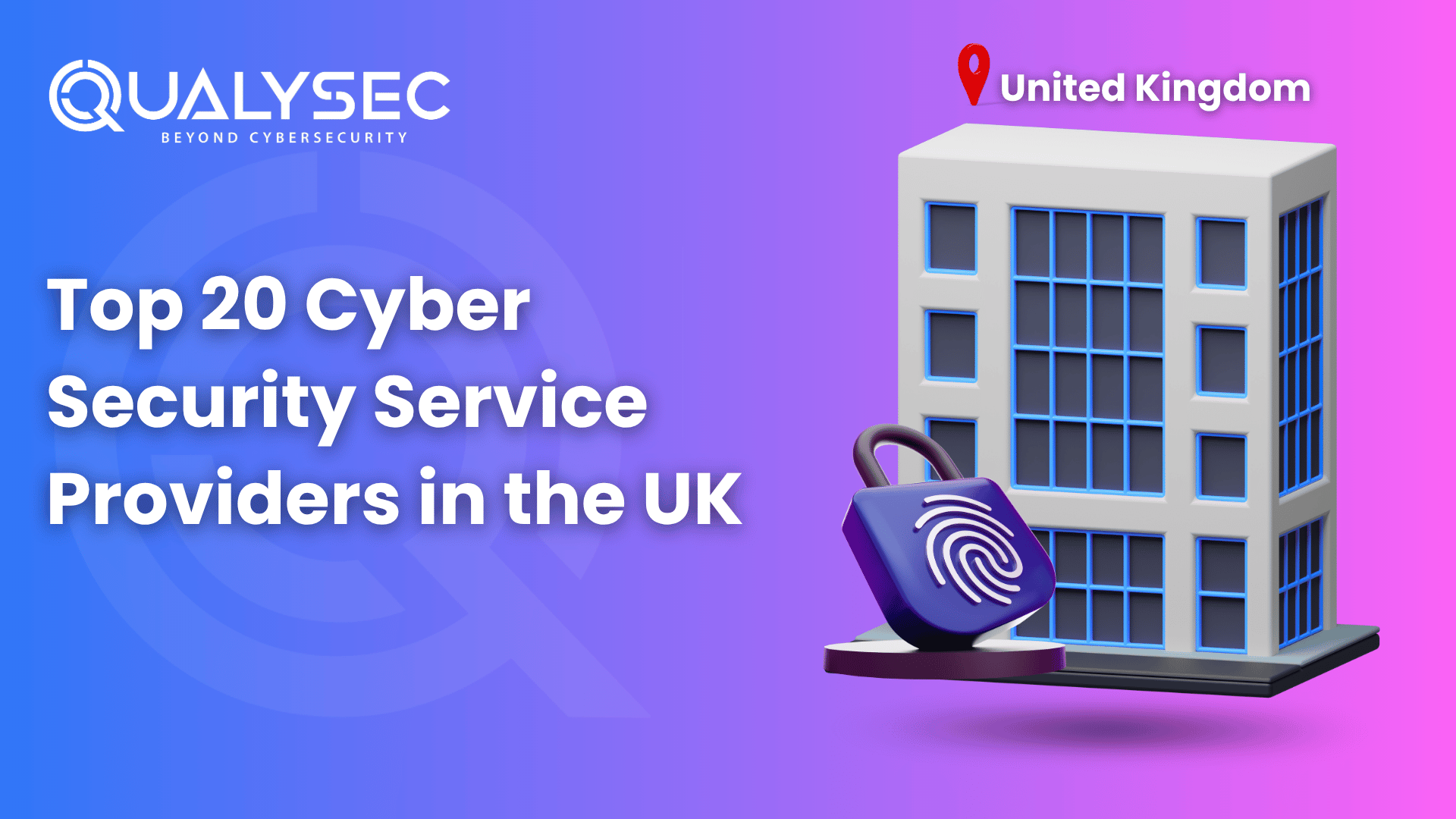
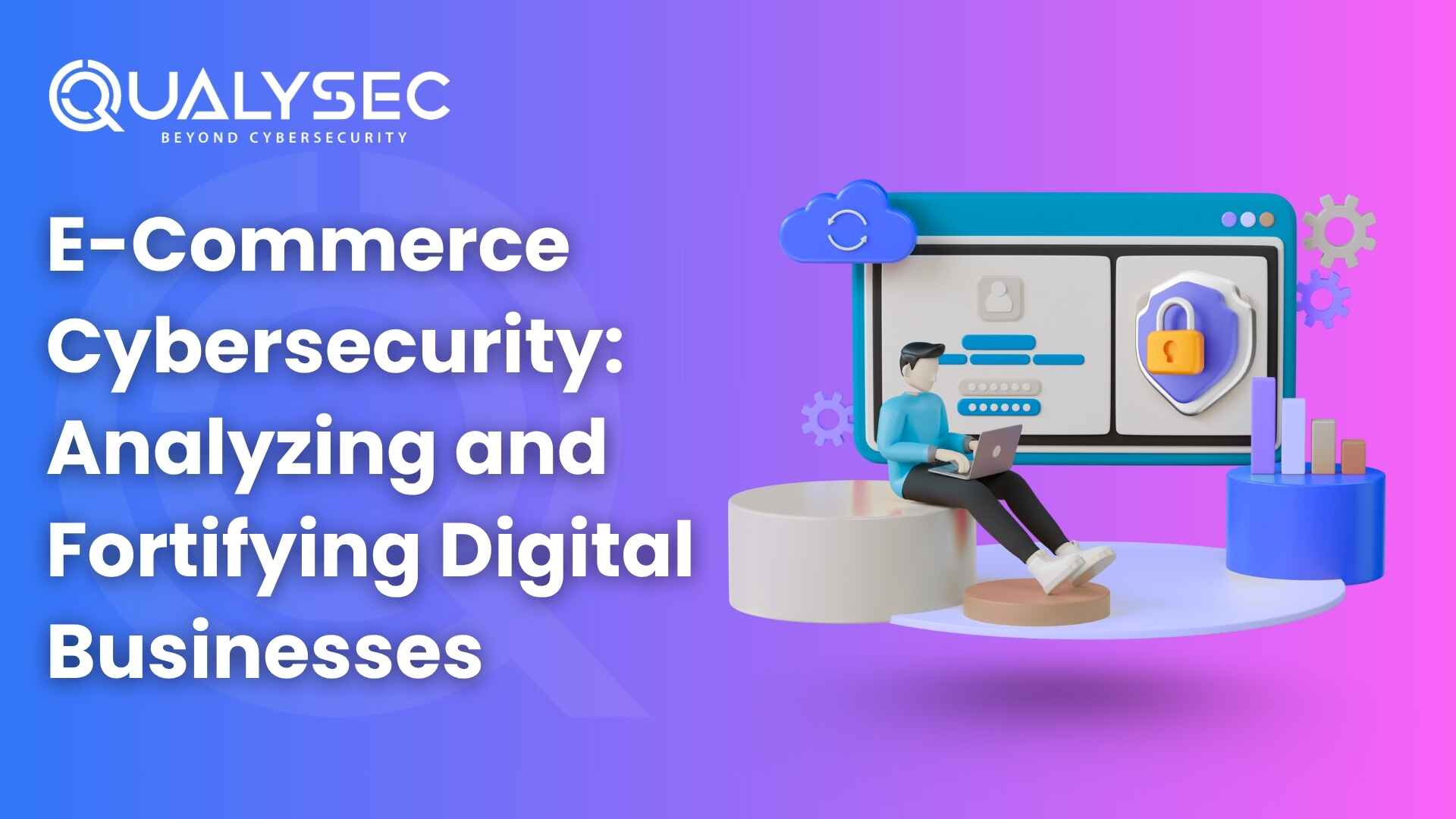
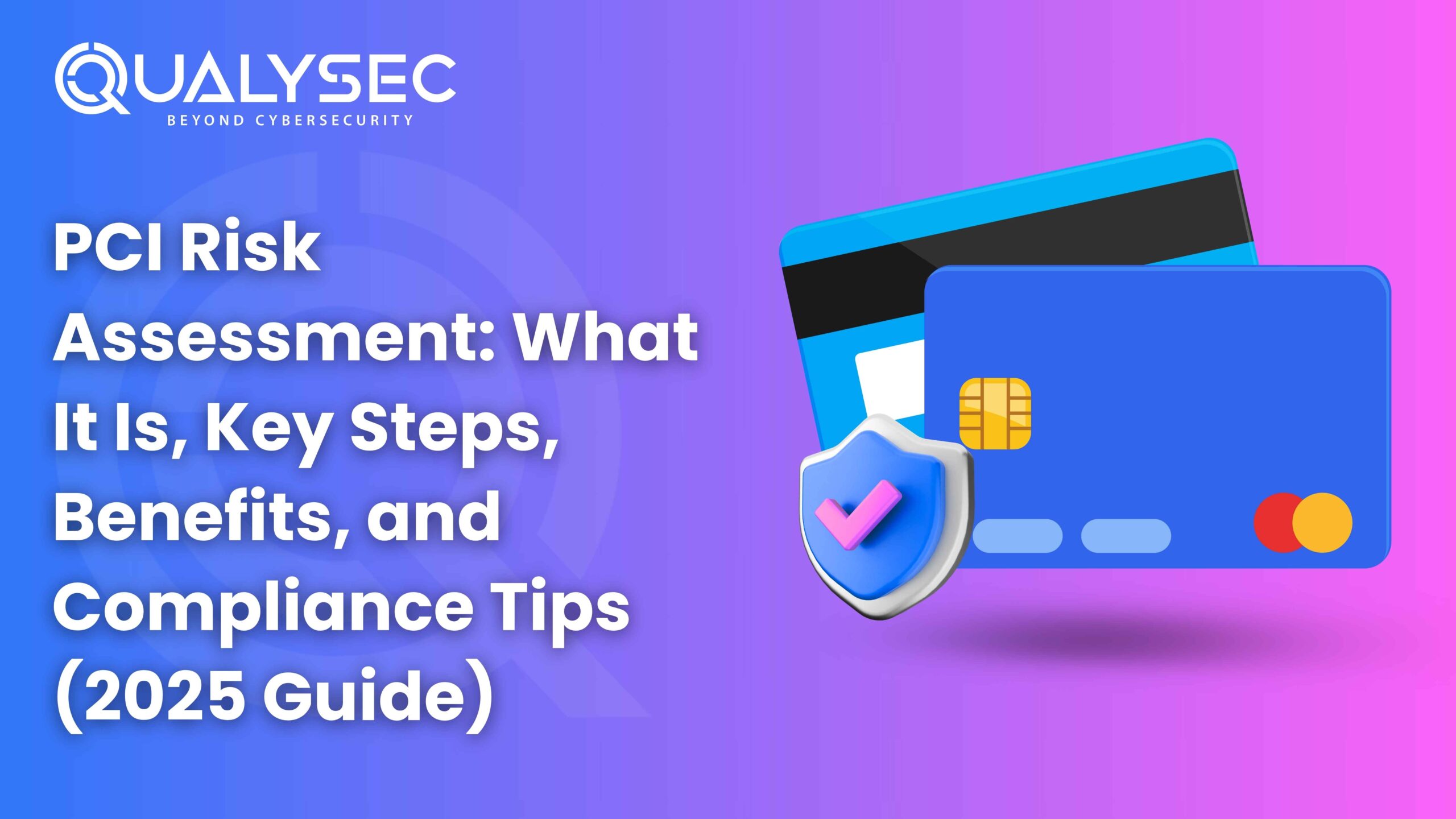
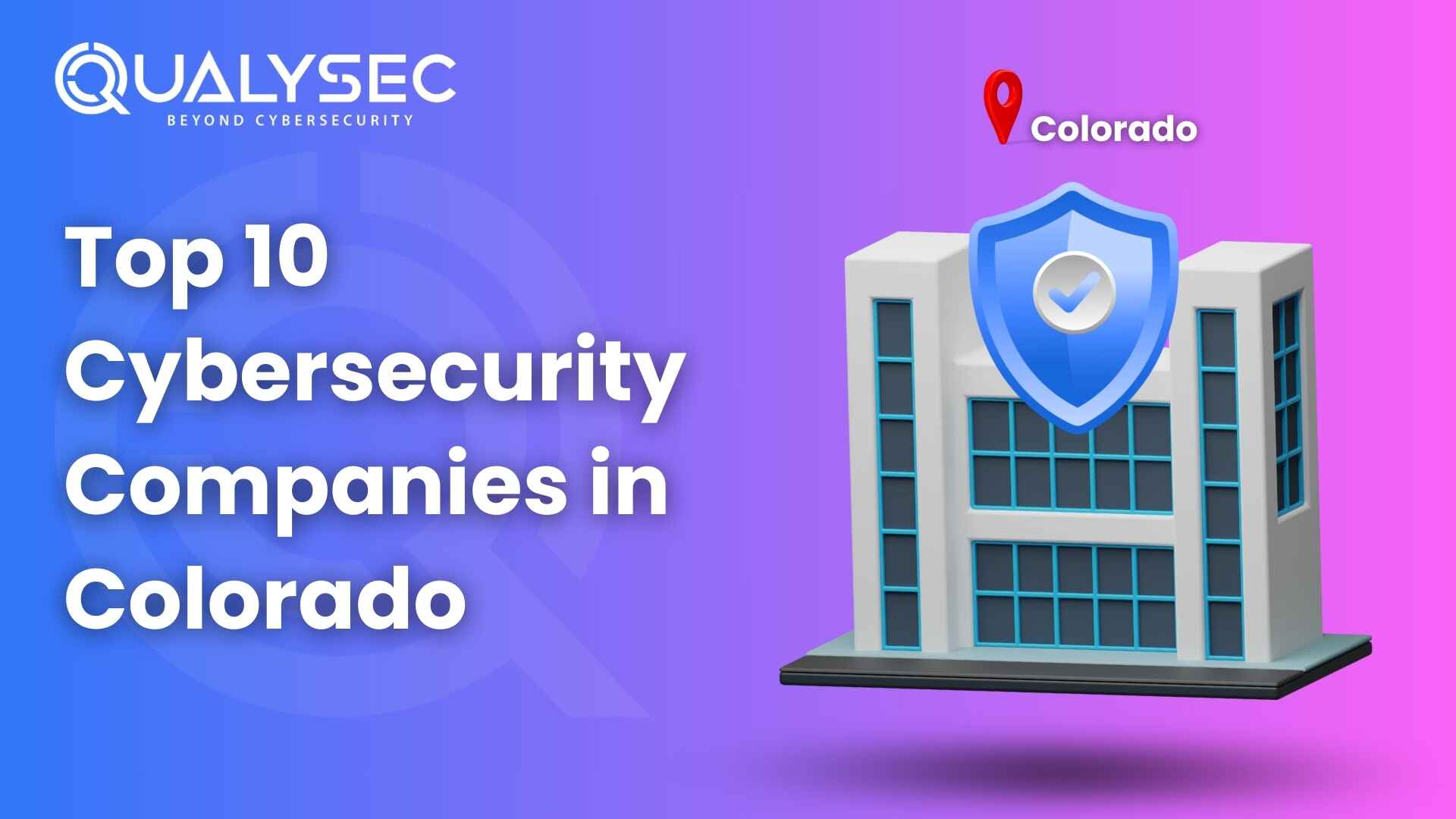

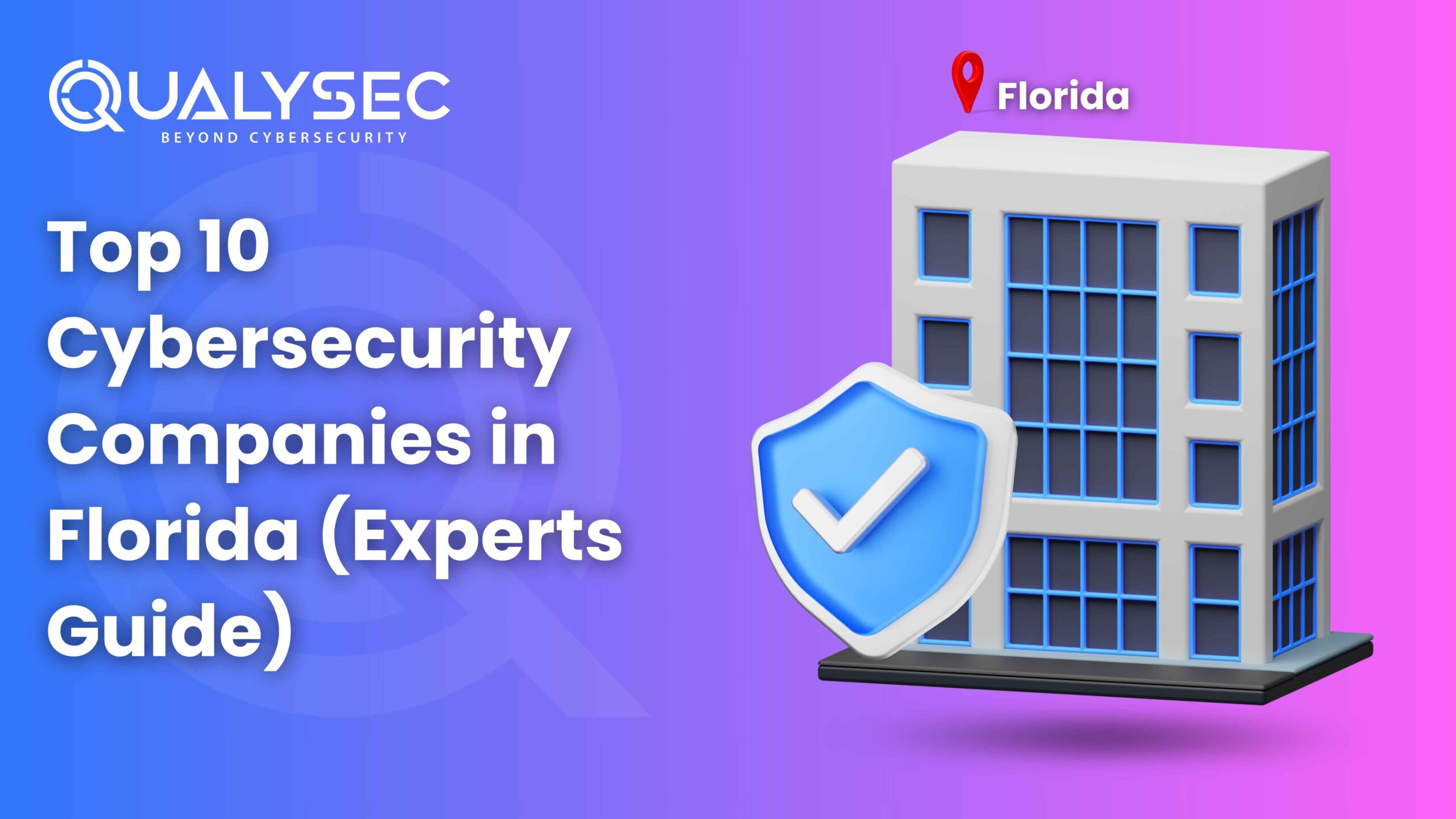










































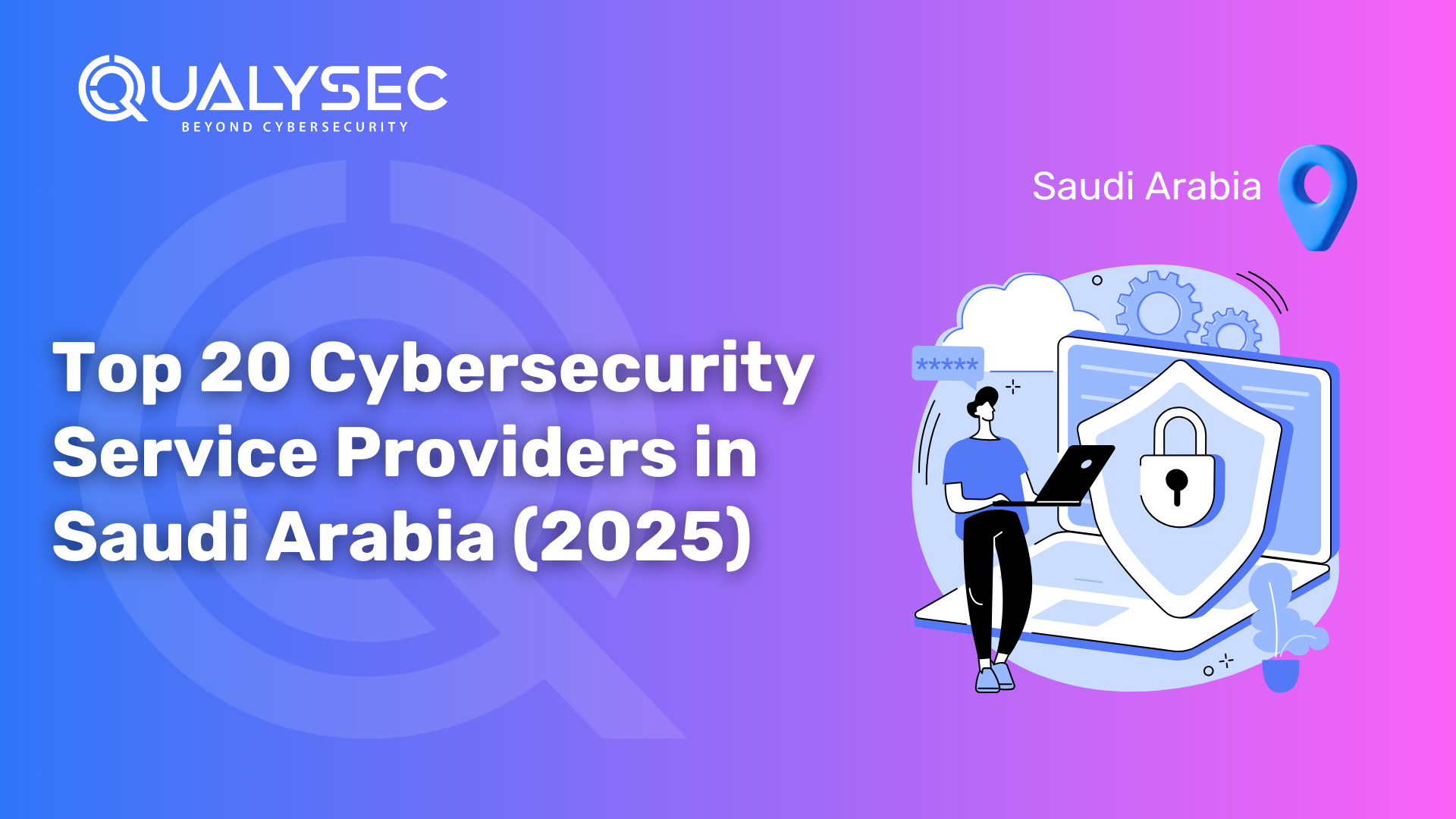
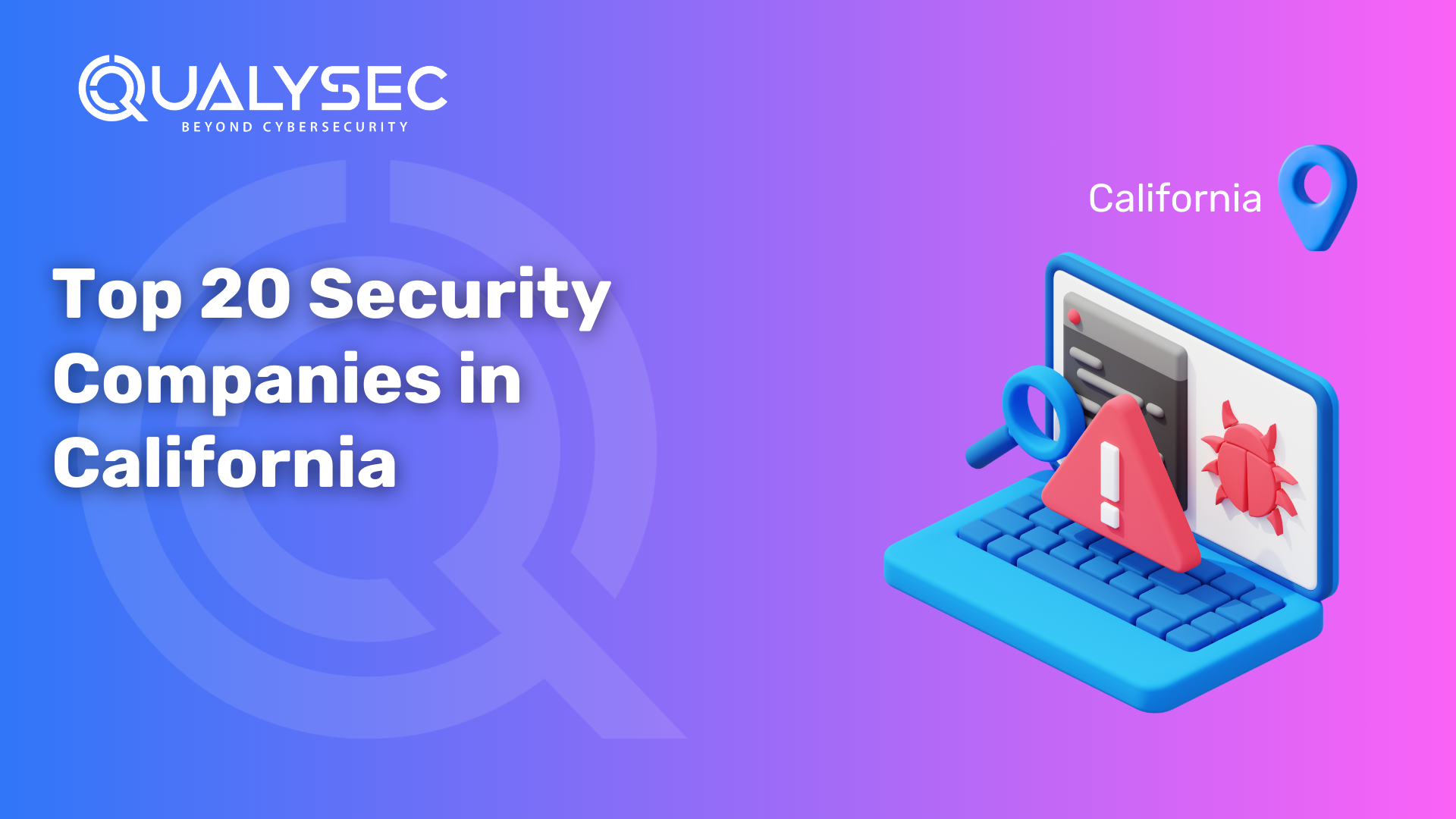







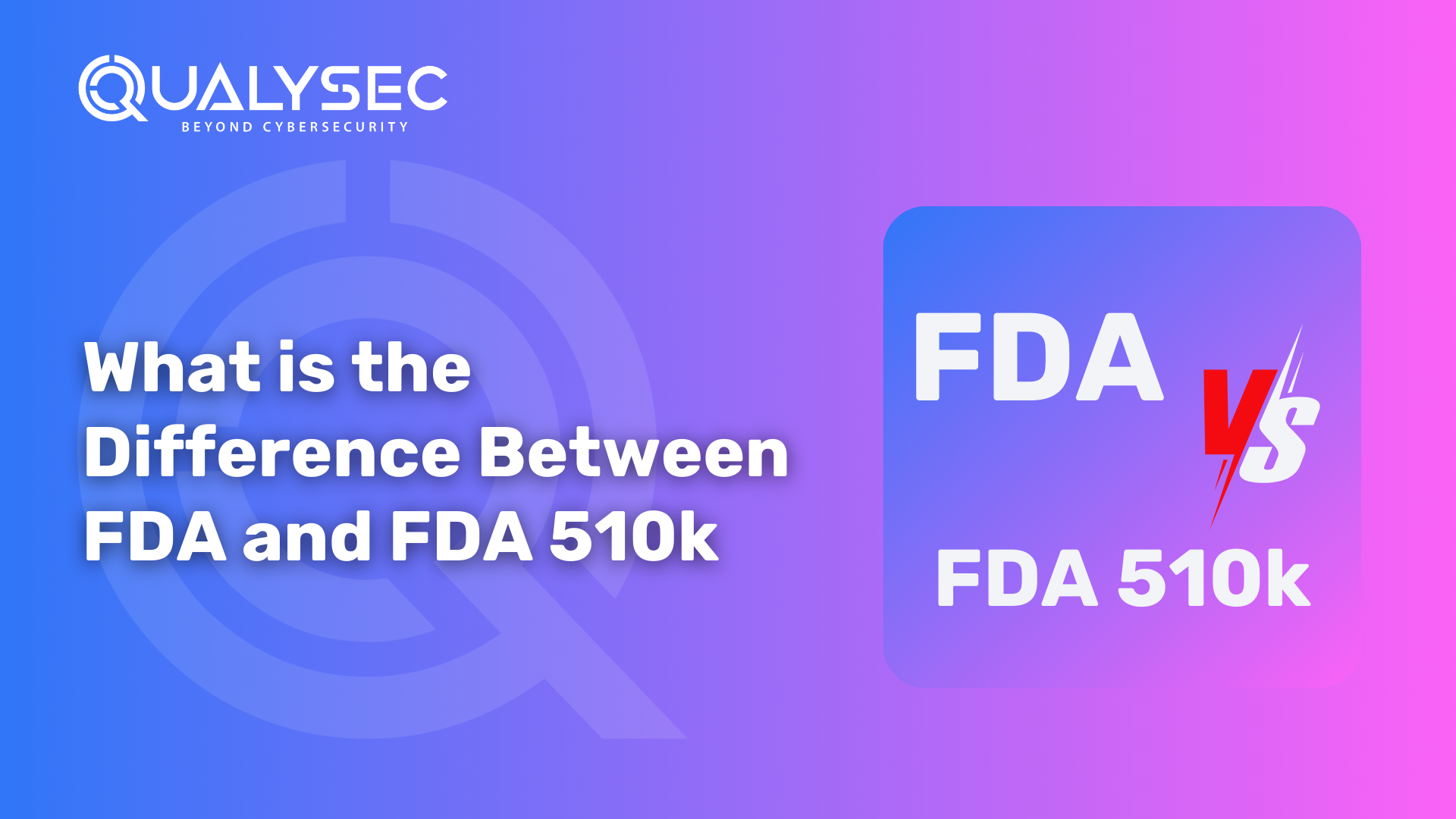









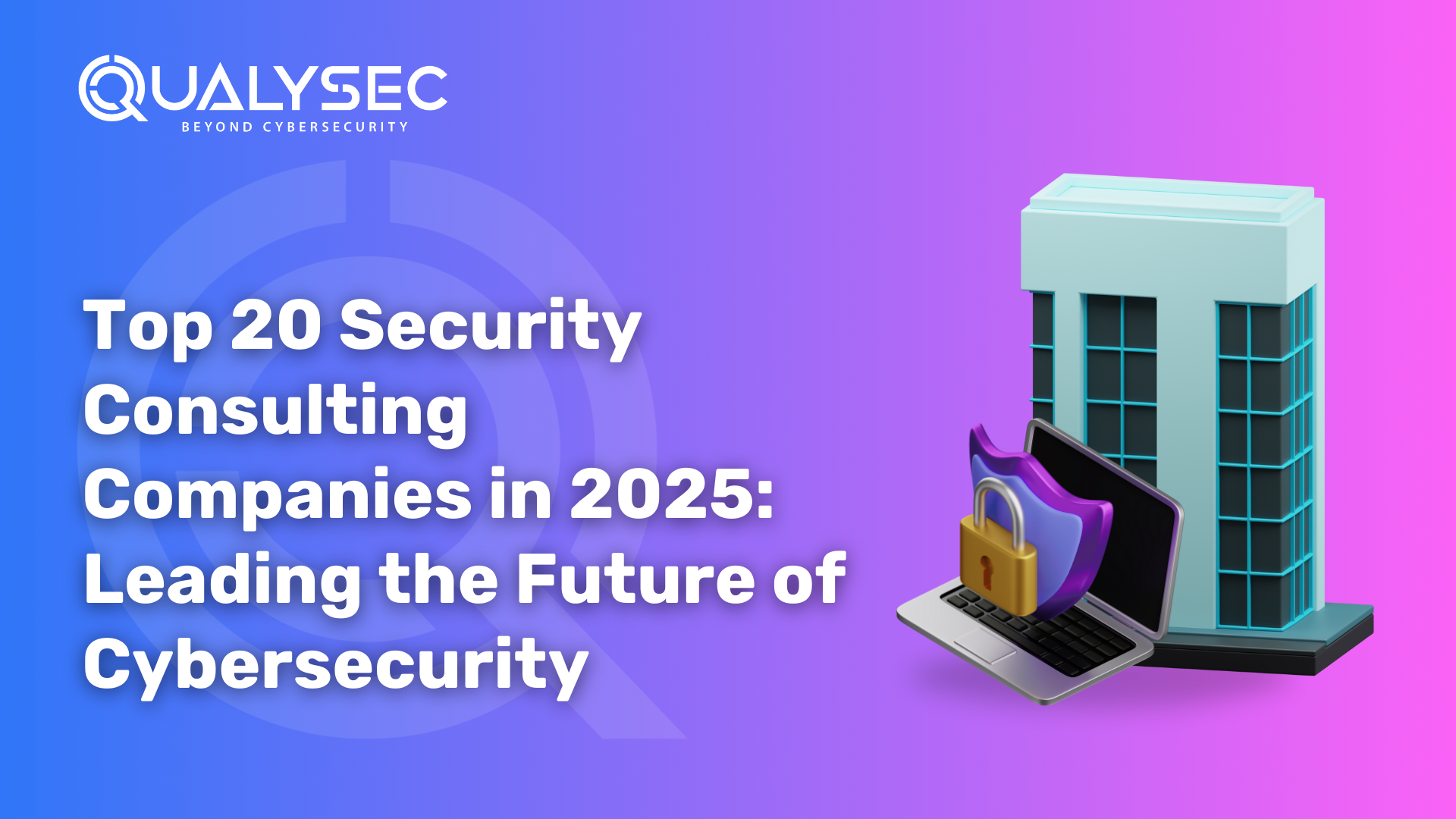
























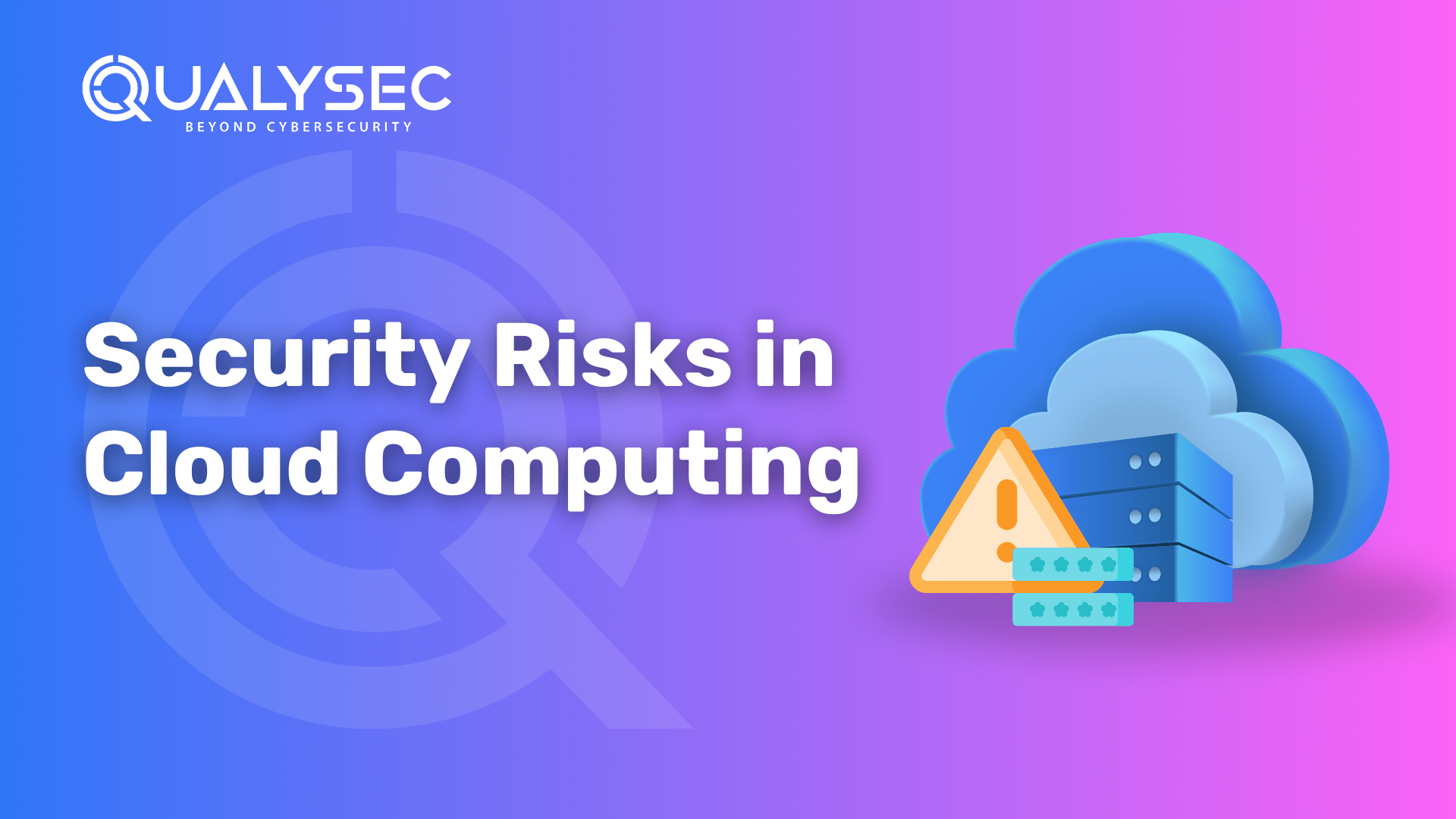







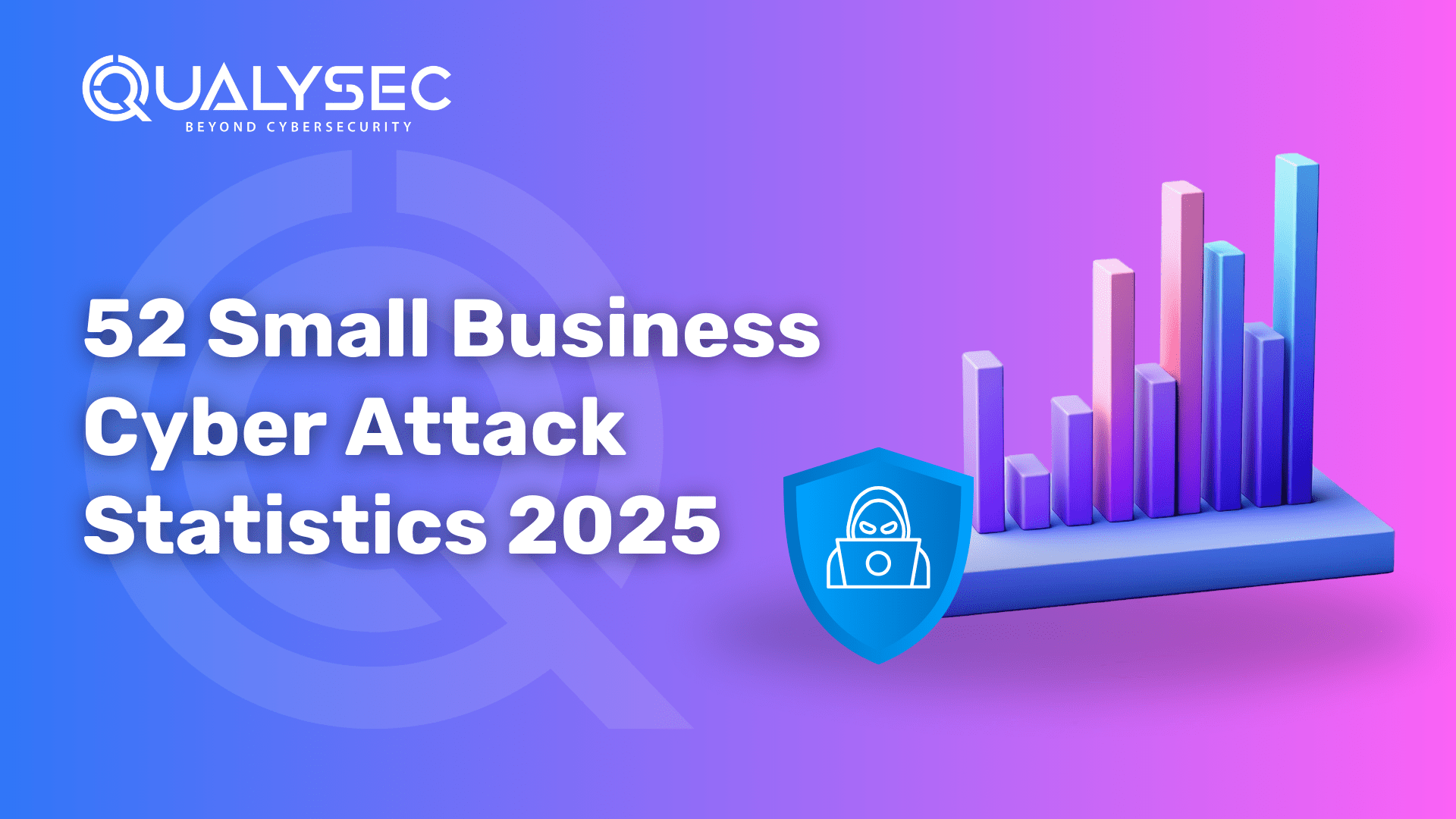


























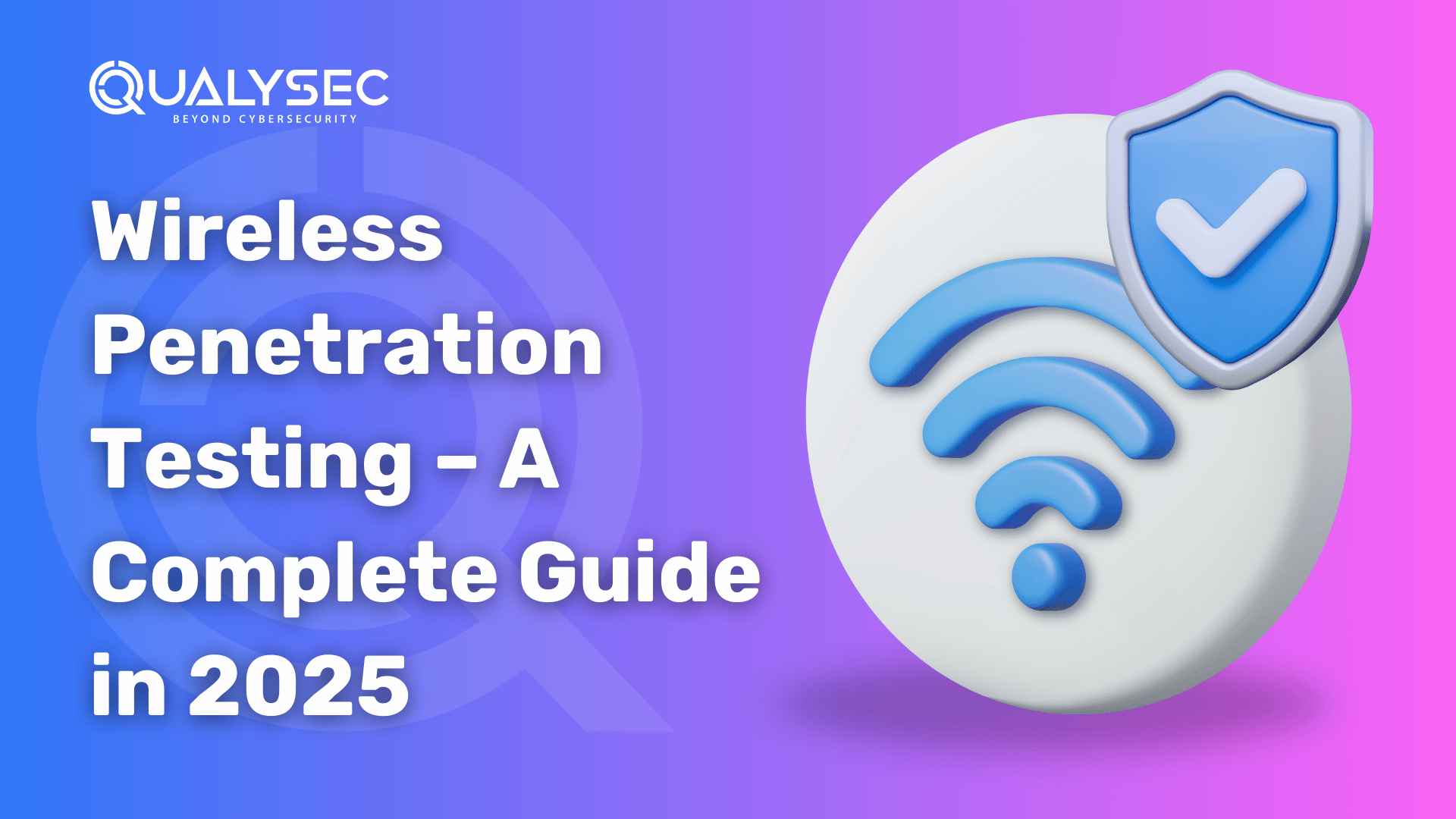




























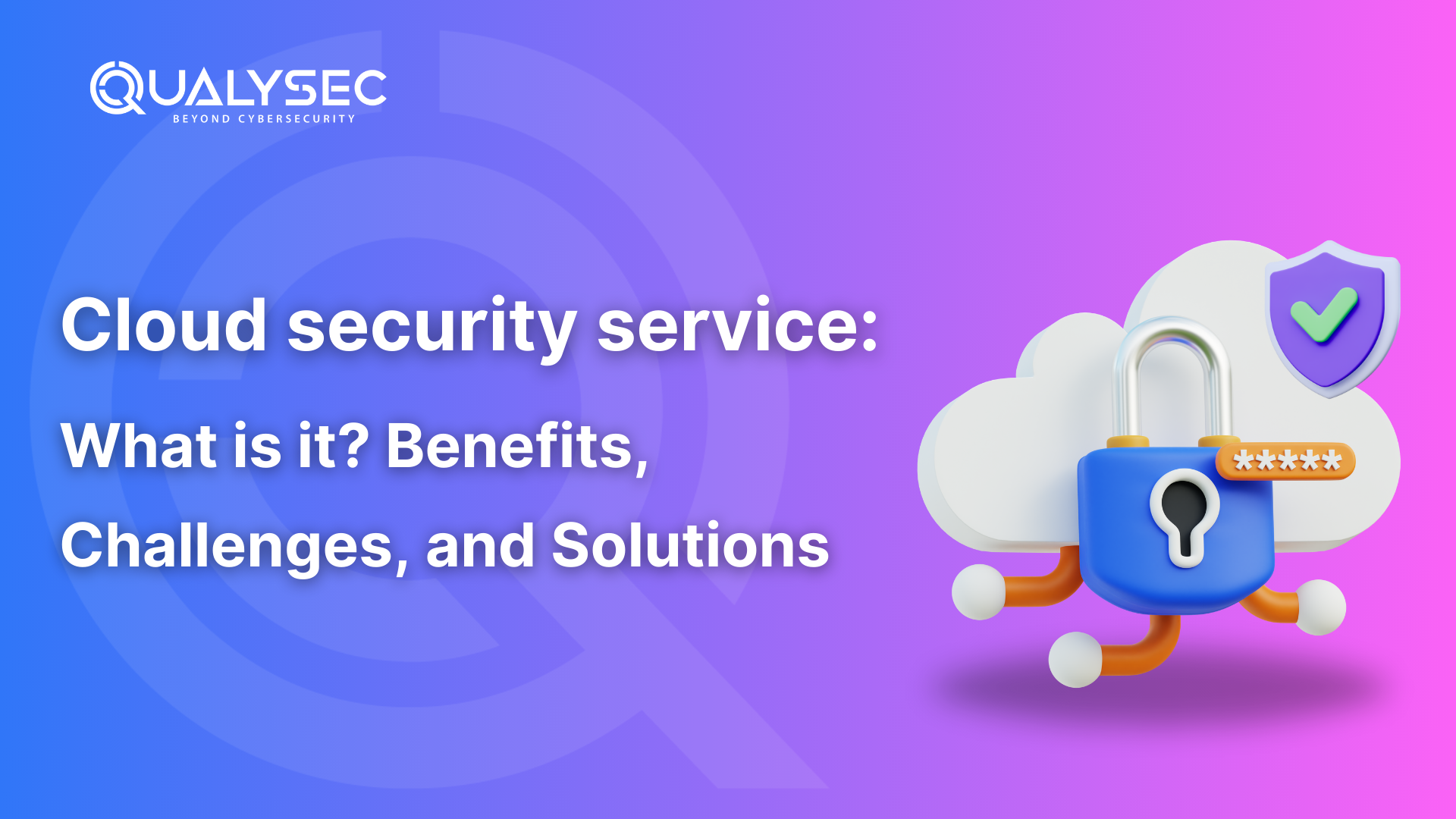


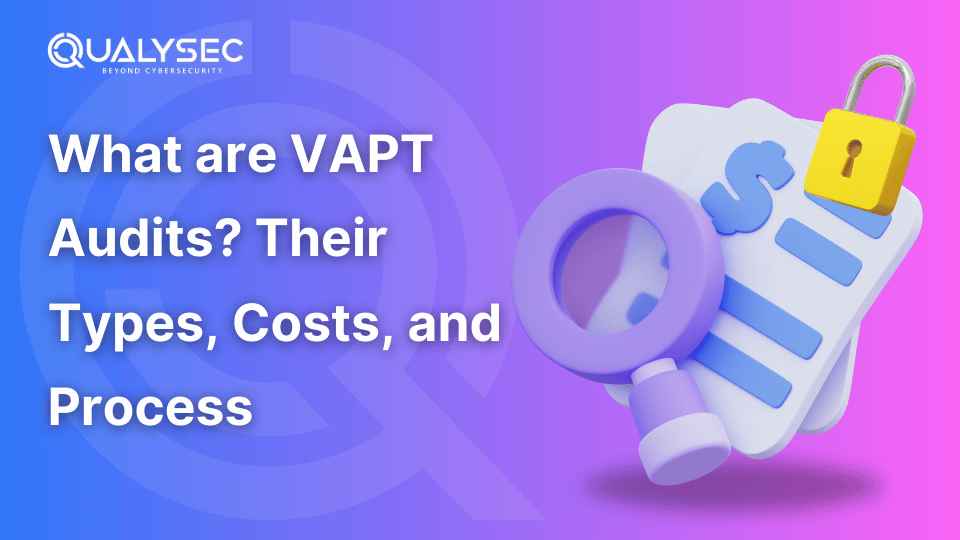








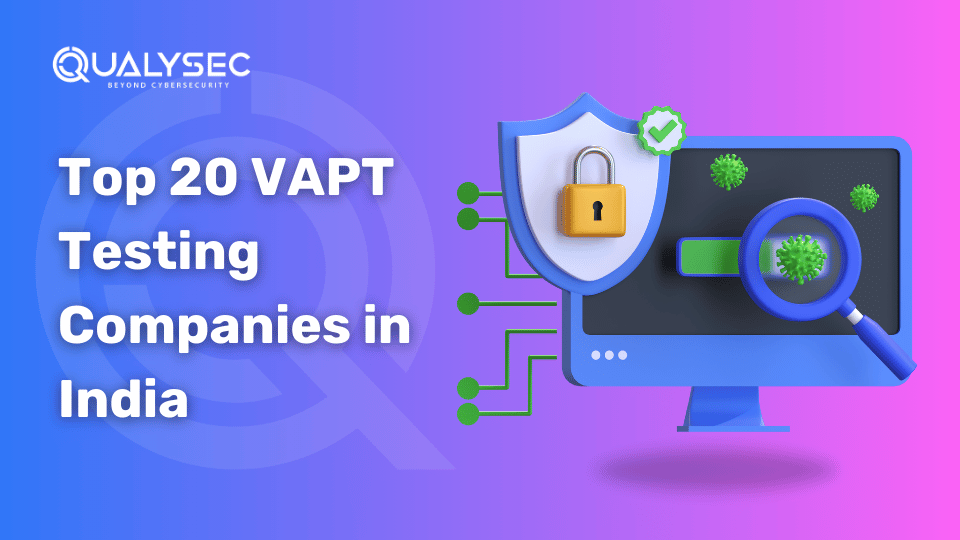


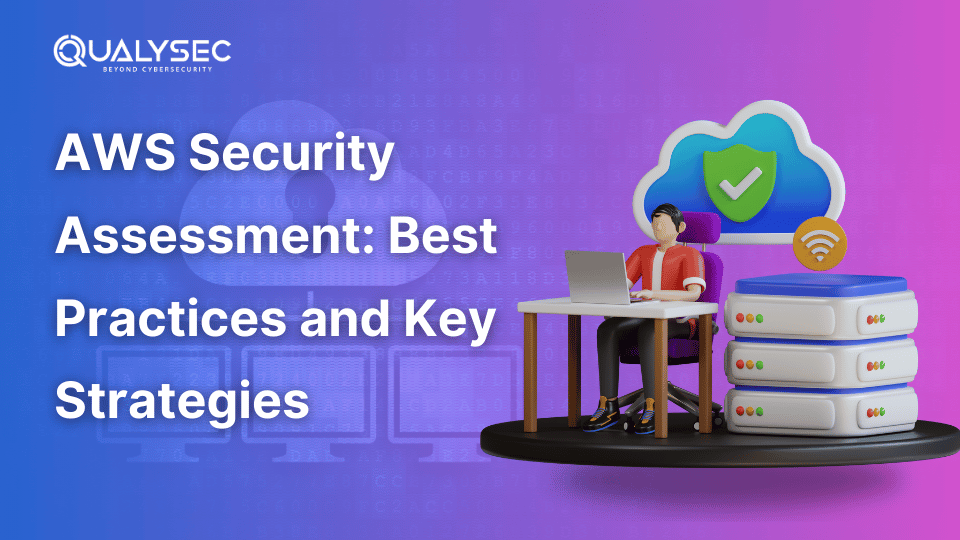




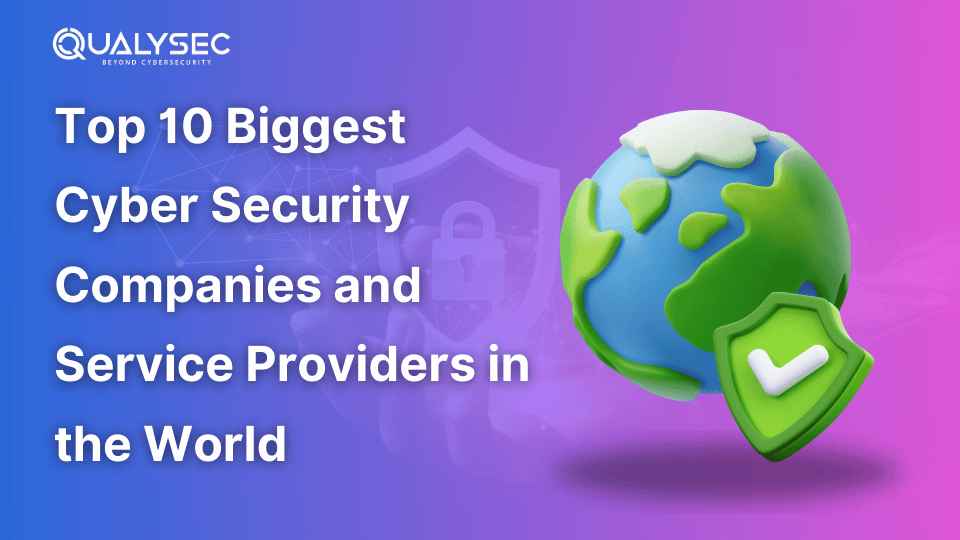















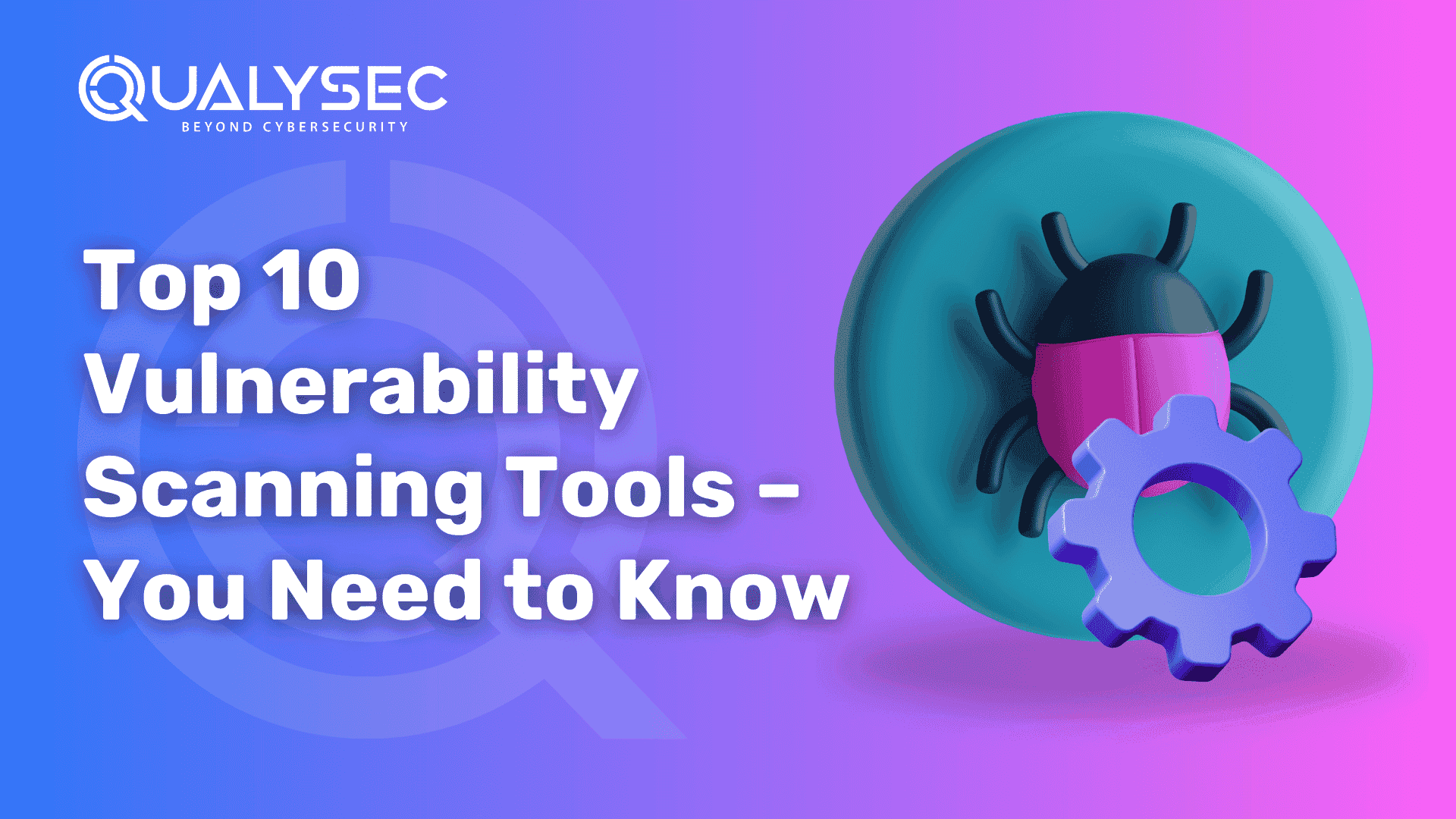


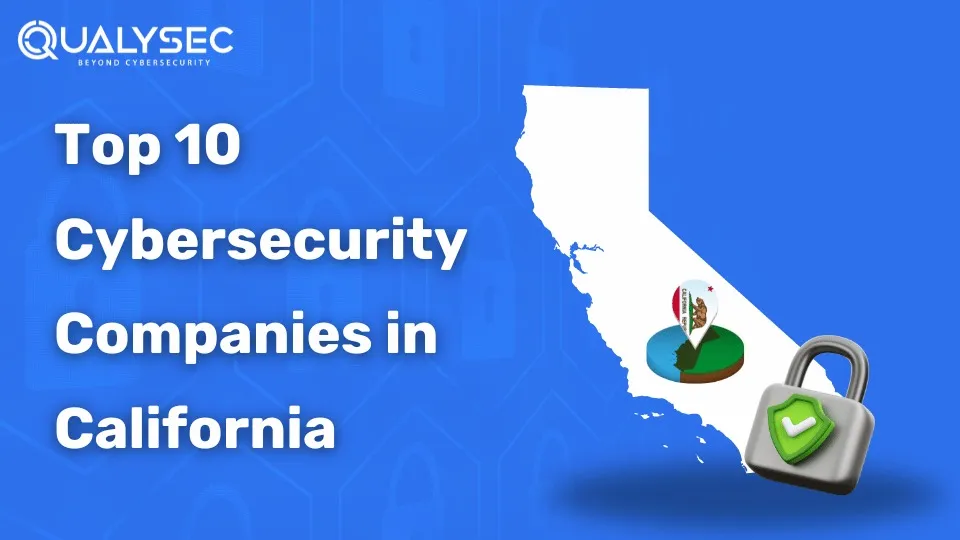
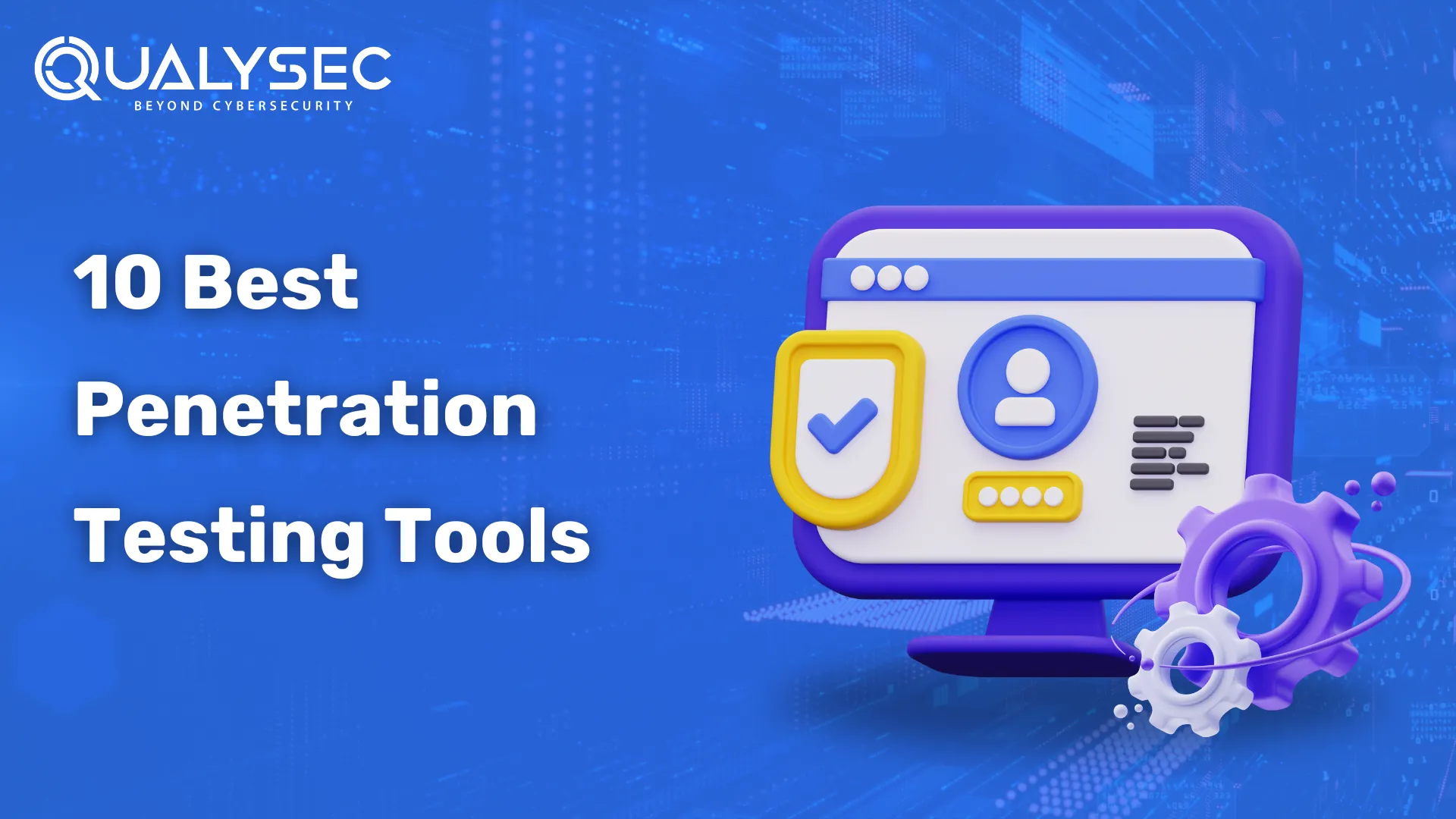





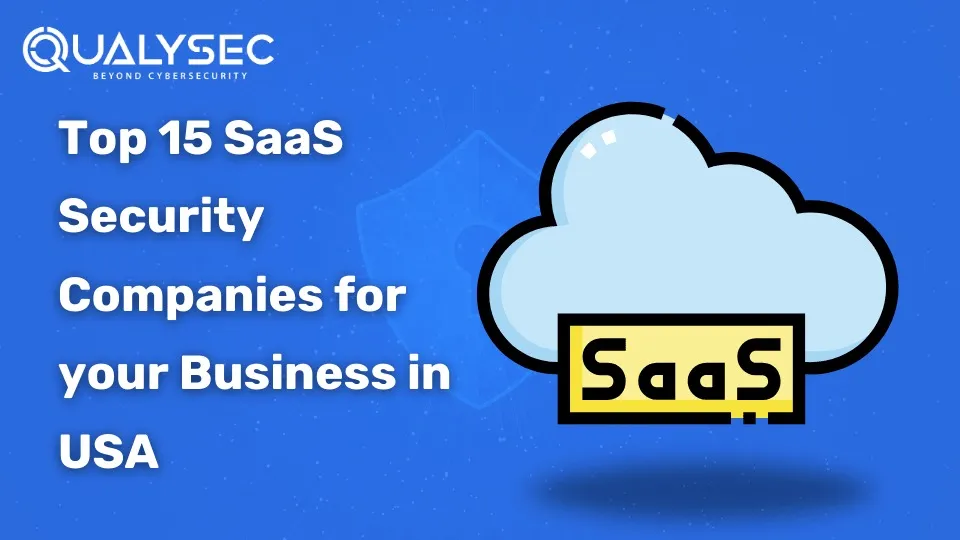



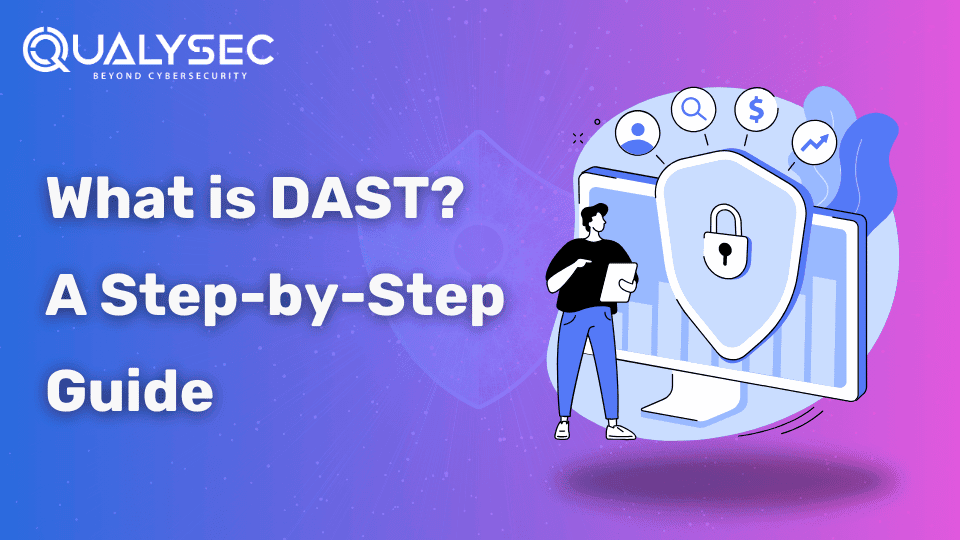


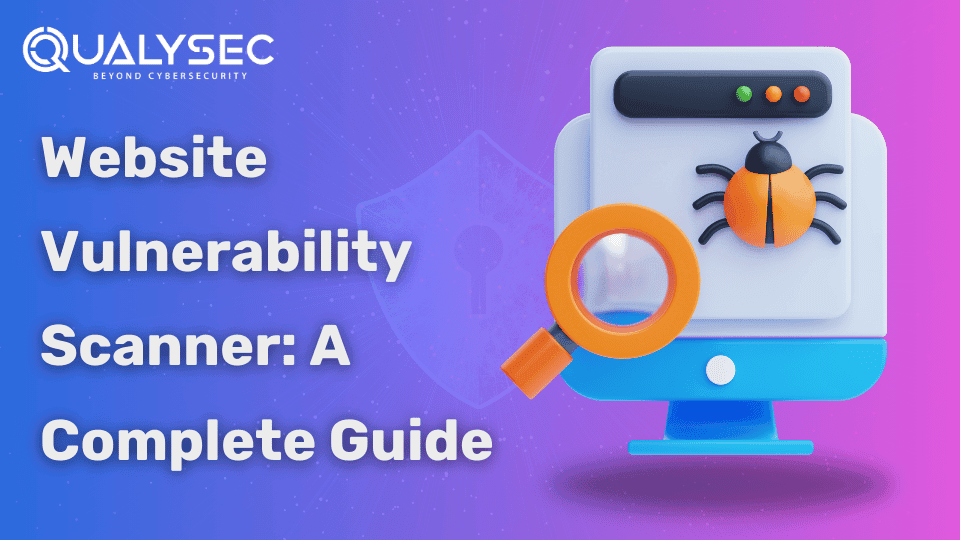

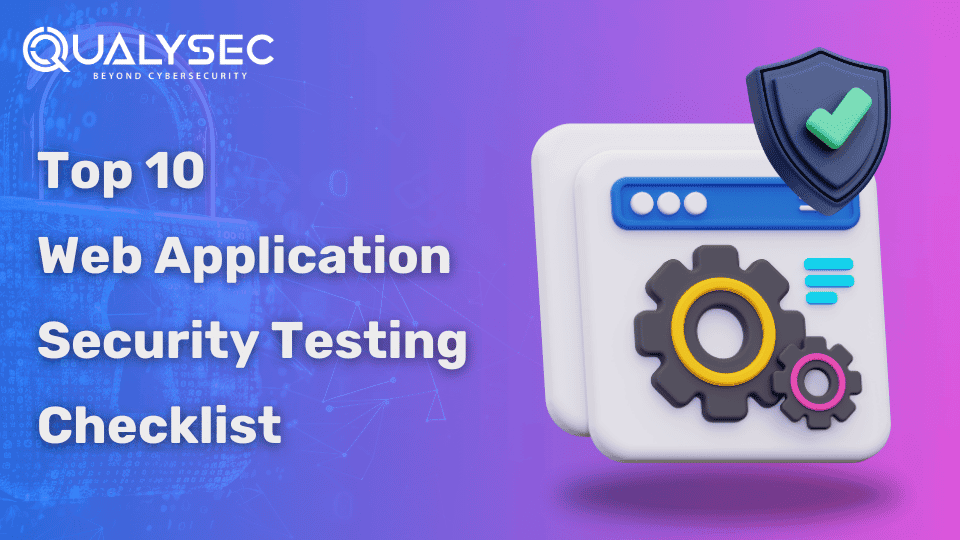

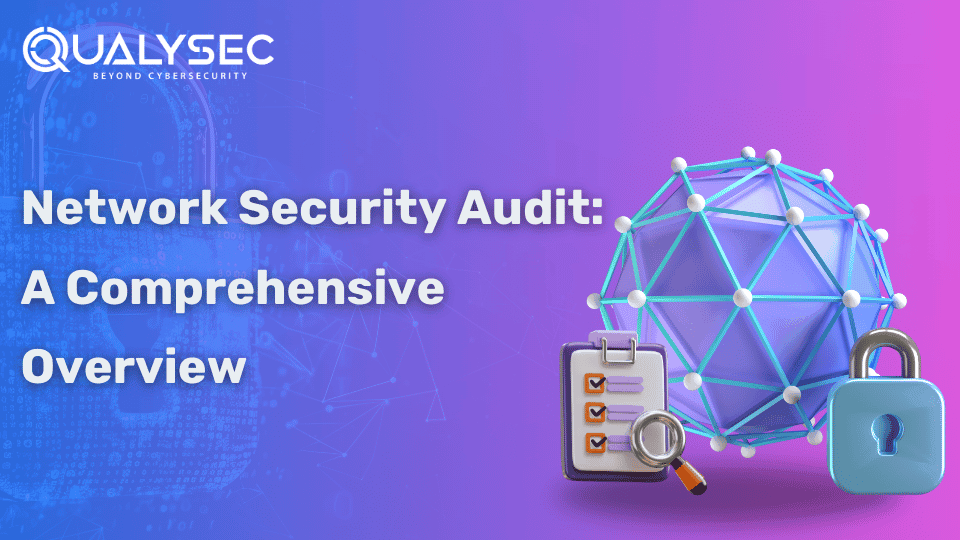











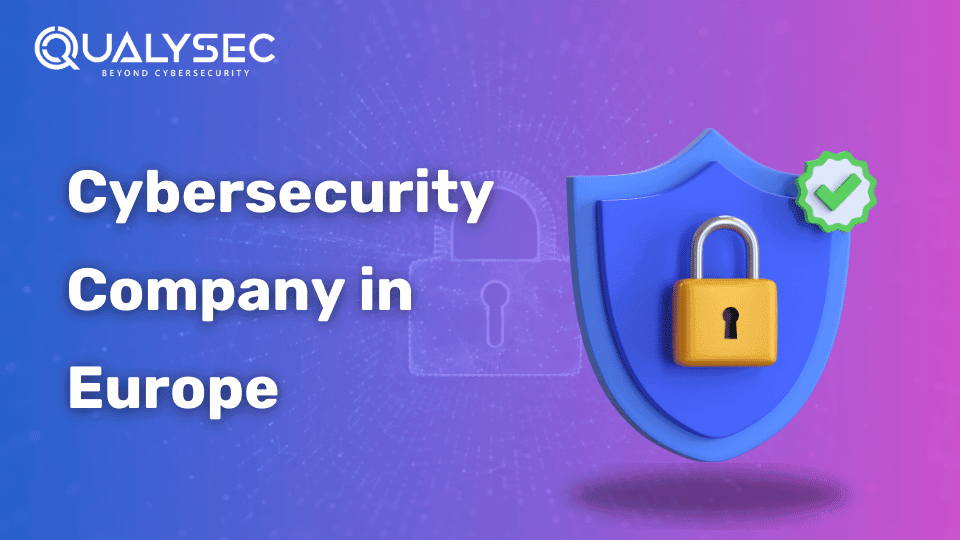
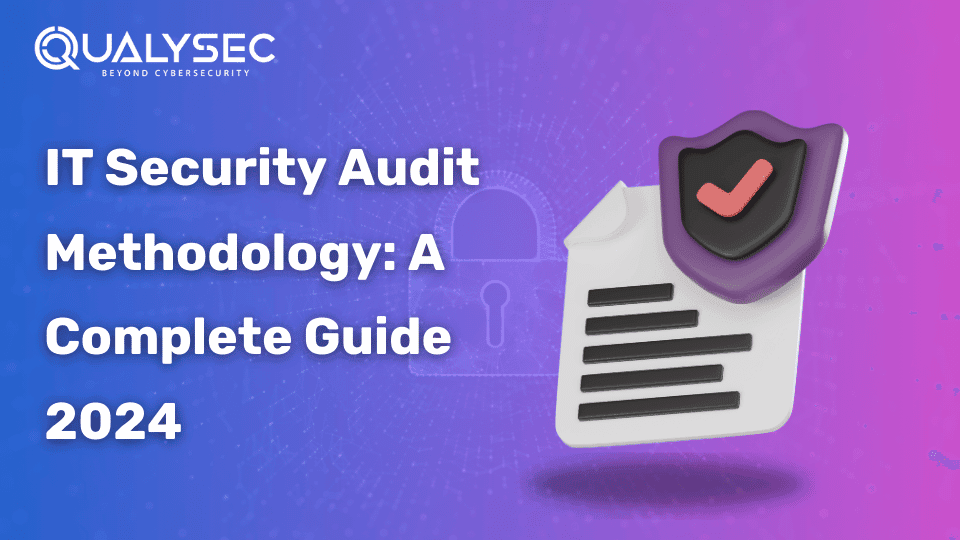

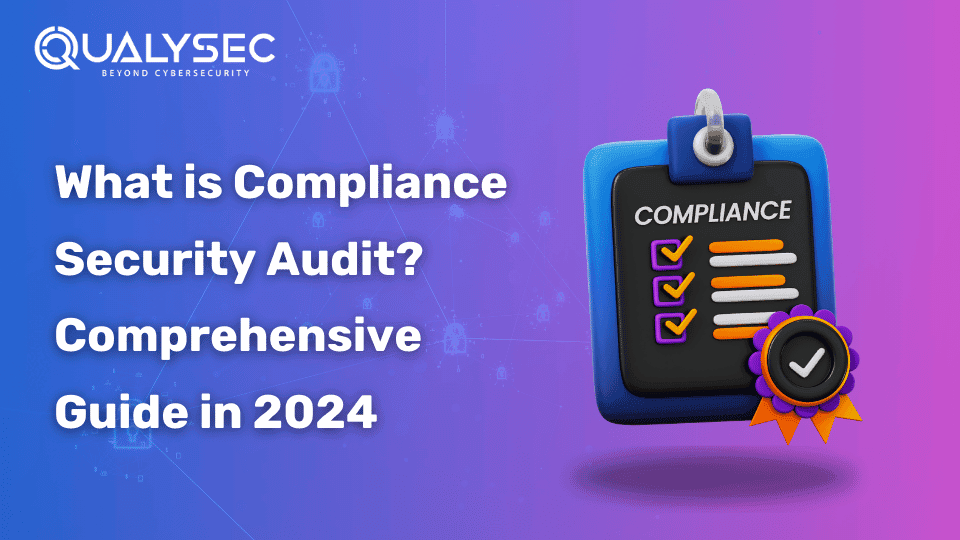


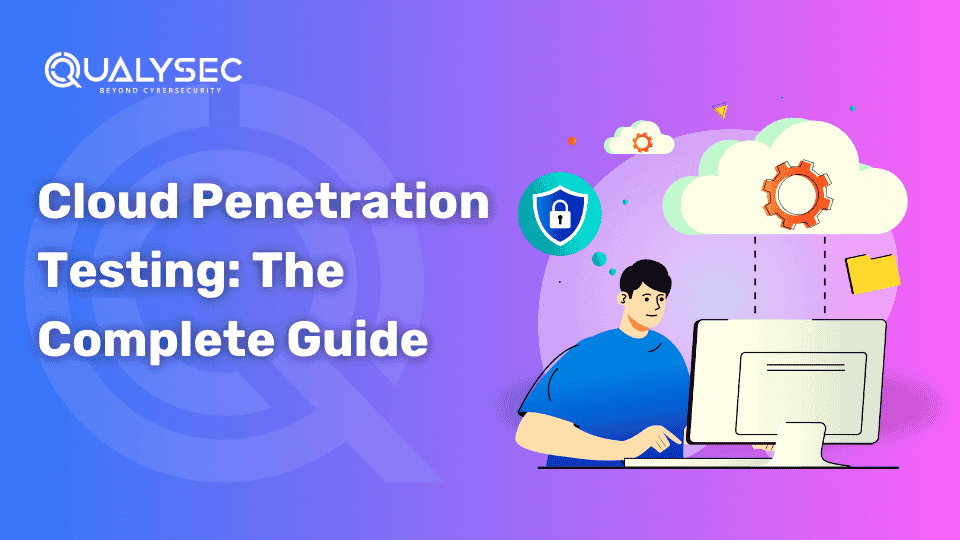


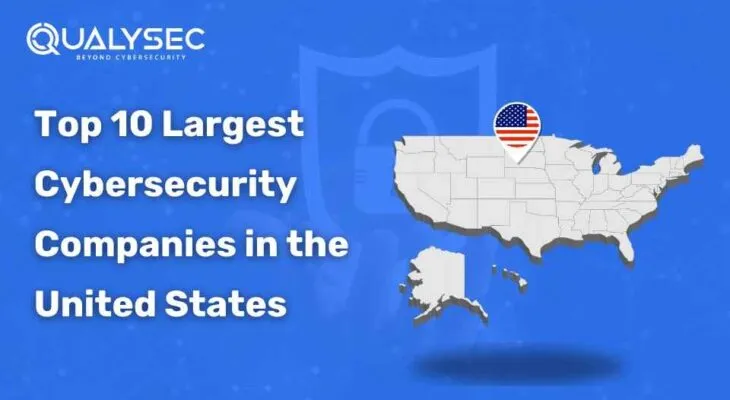


























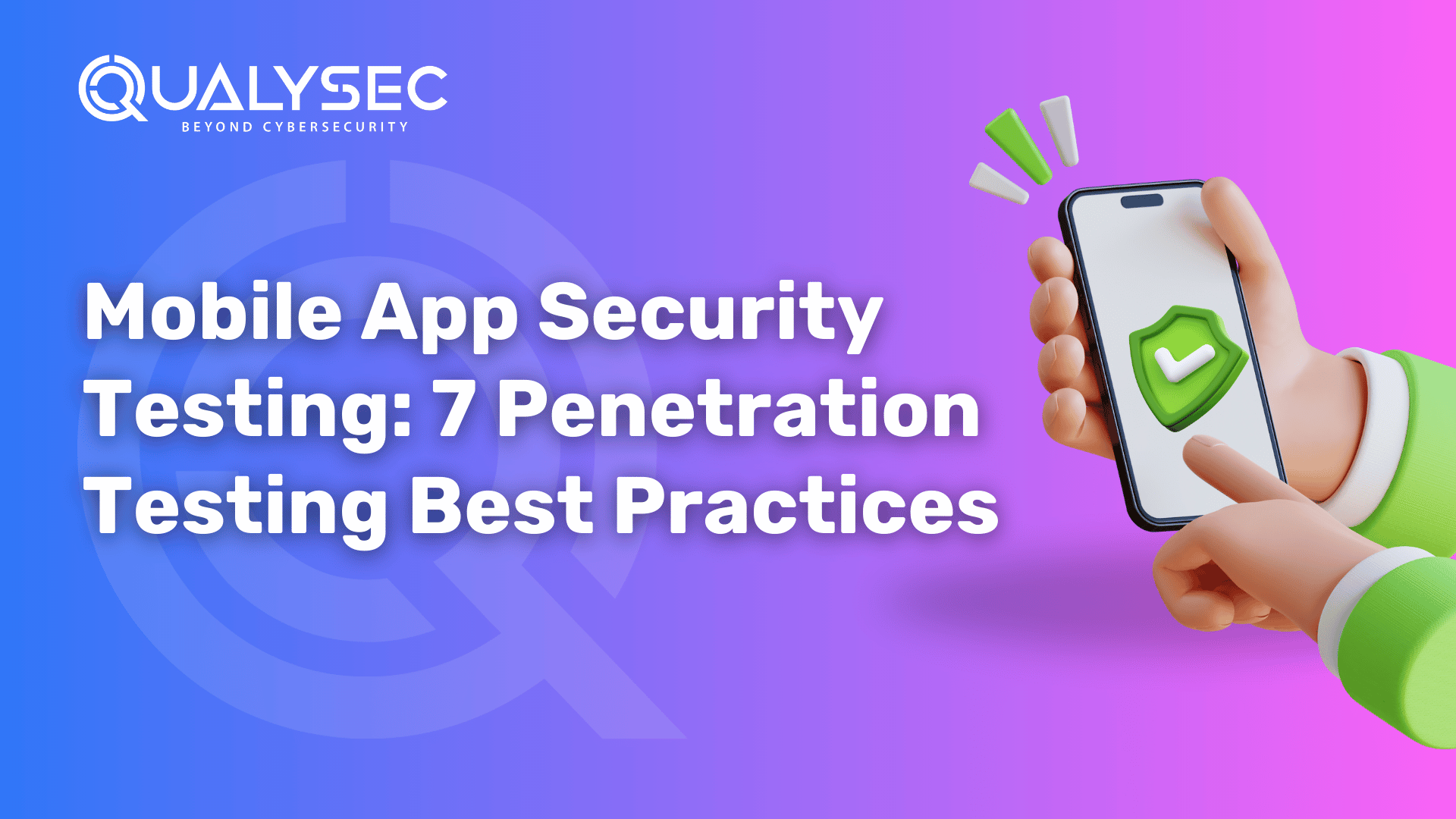














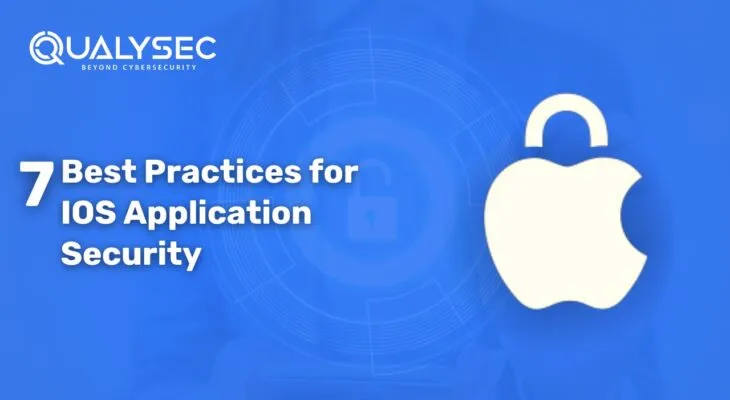


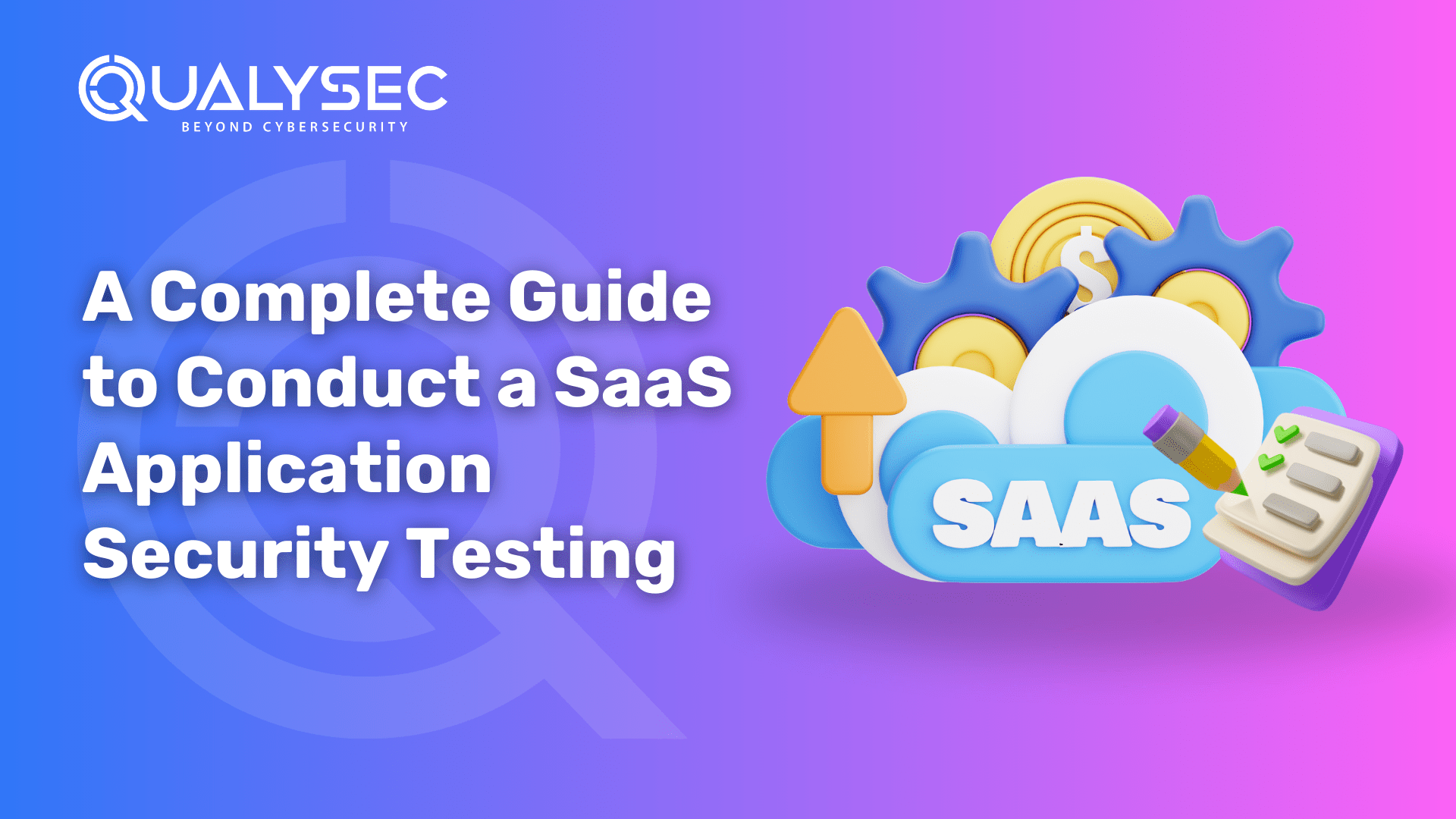





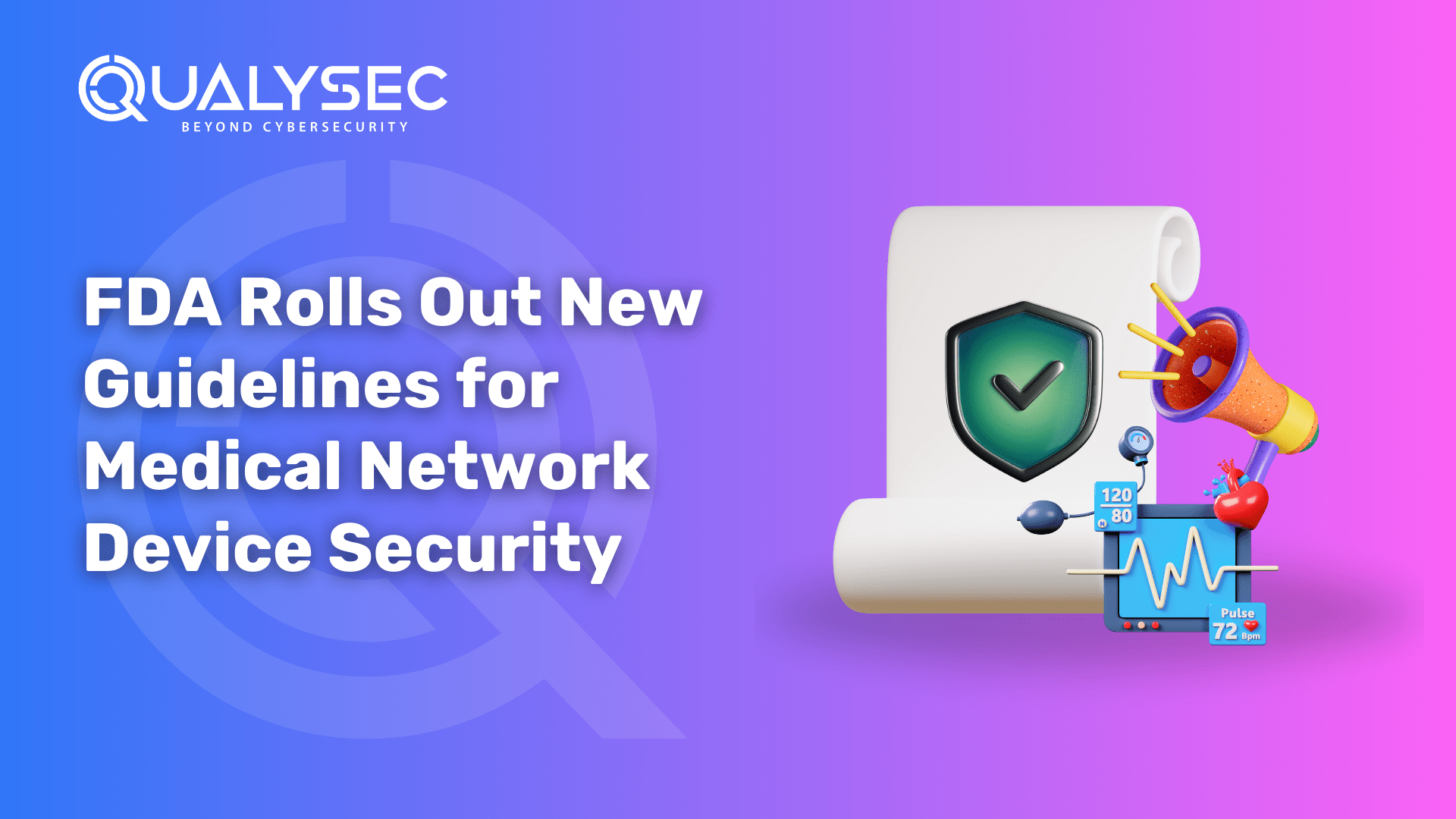





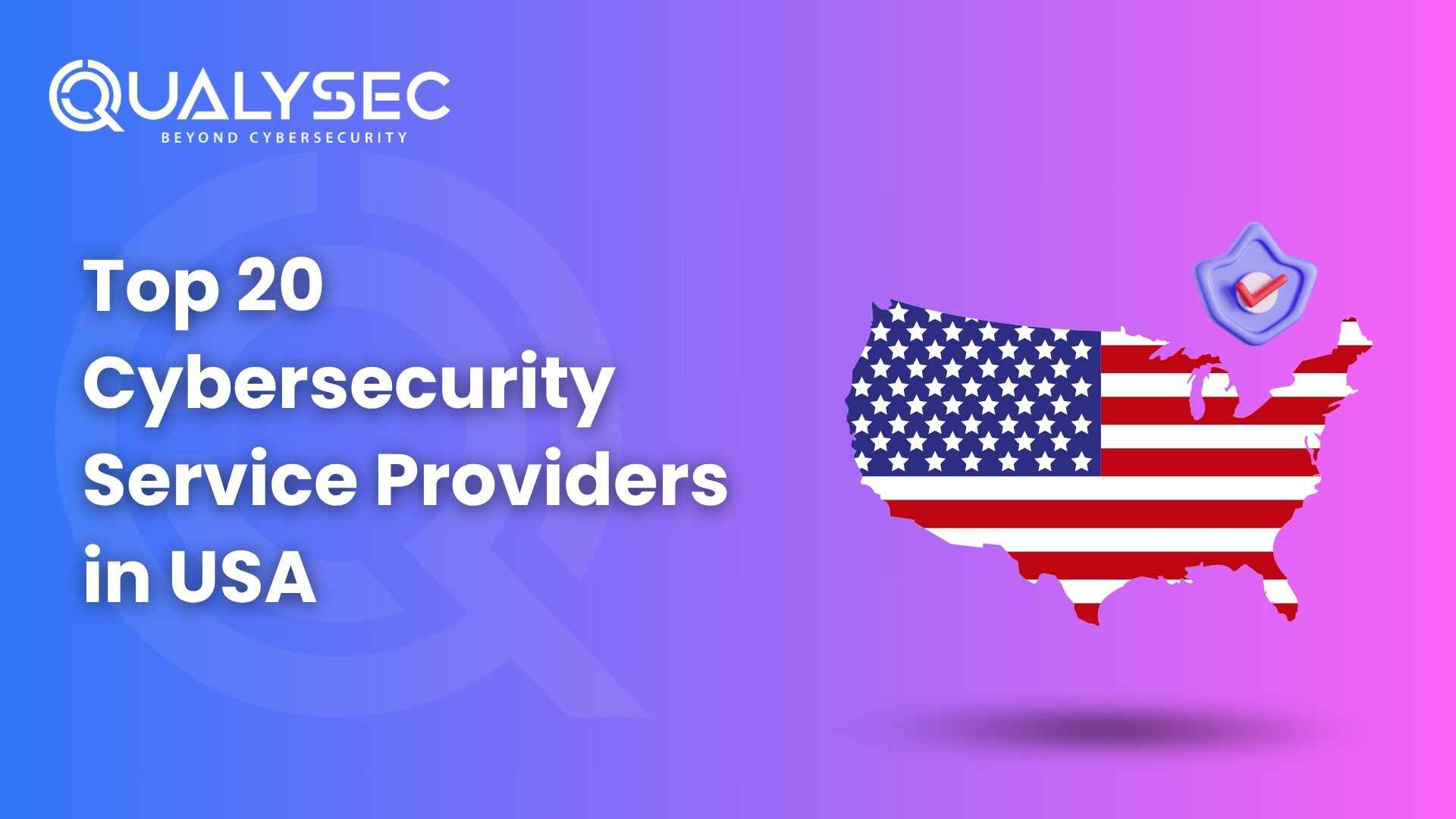










































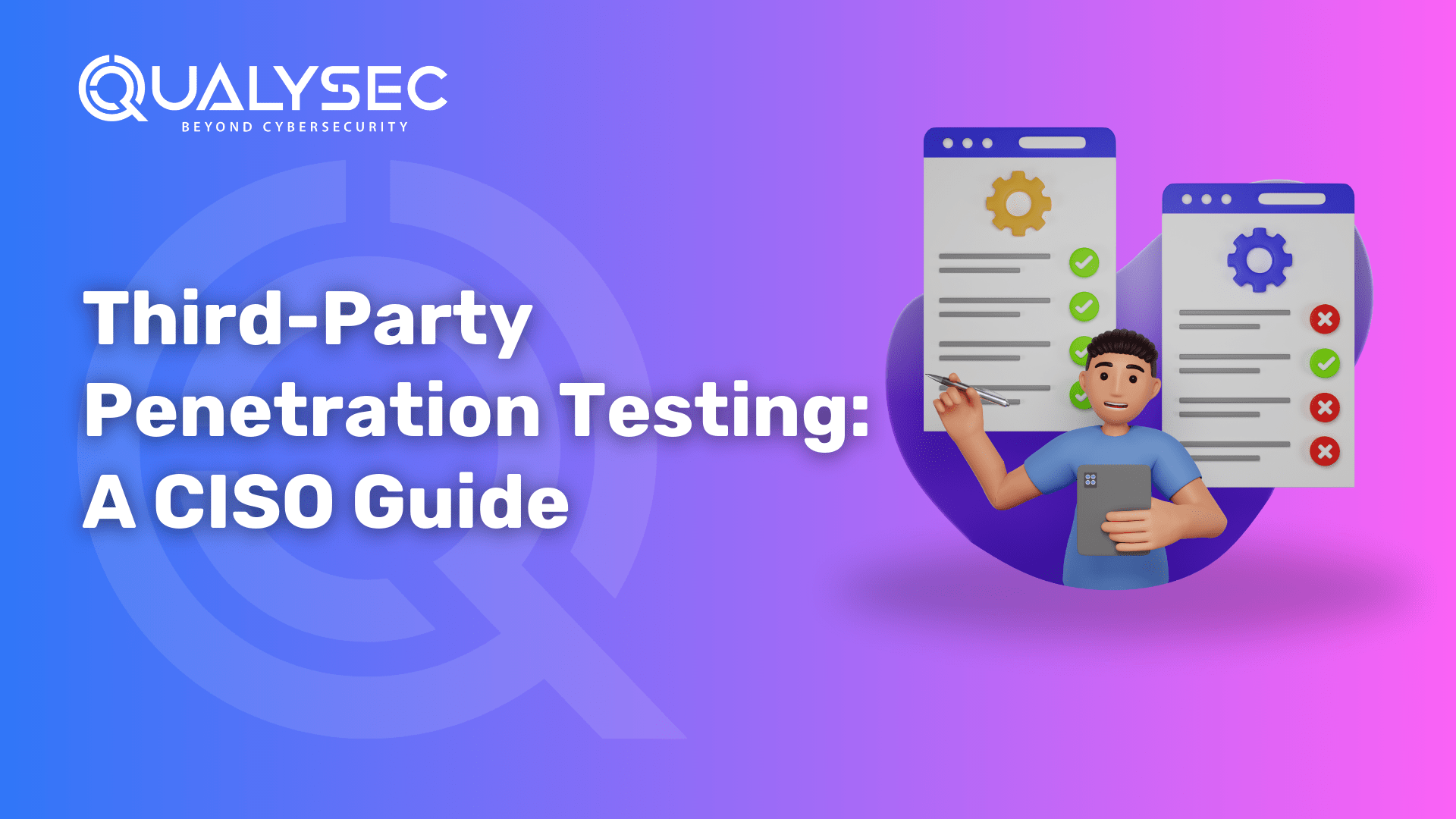




































































































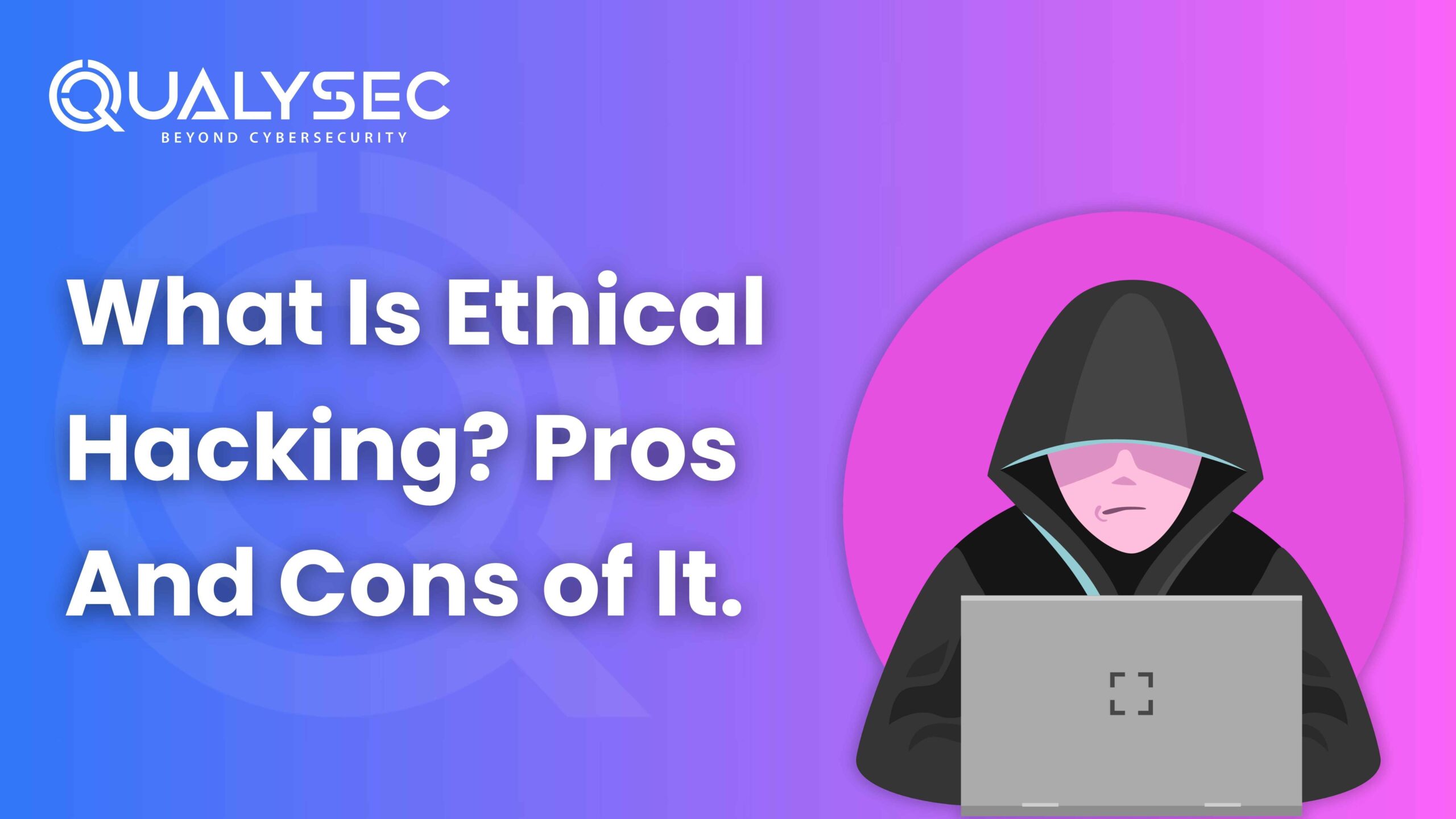







































0 Comments